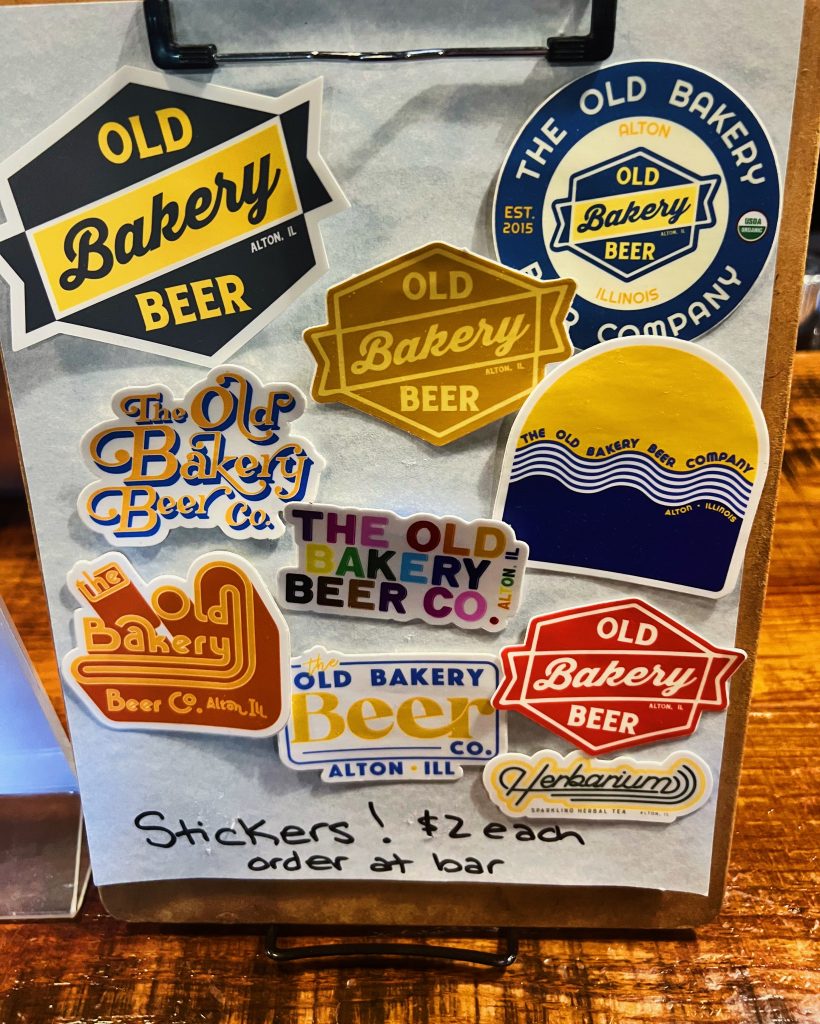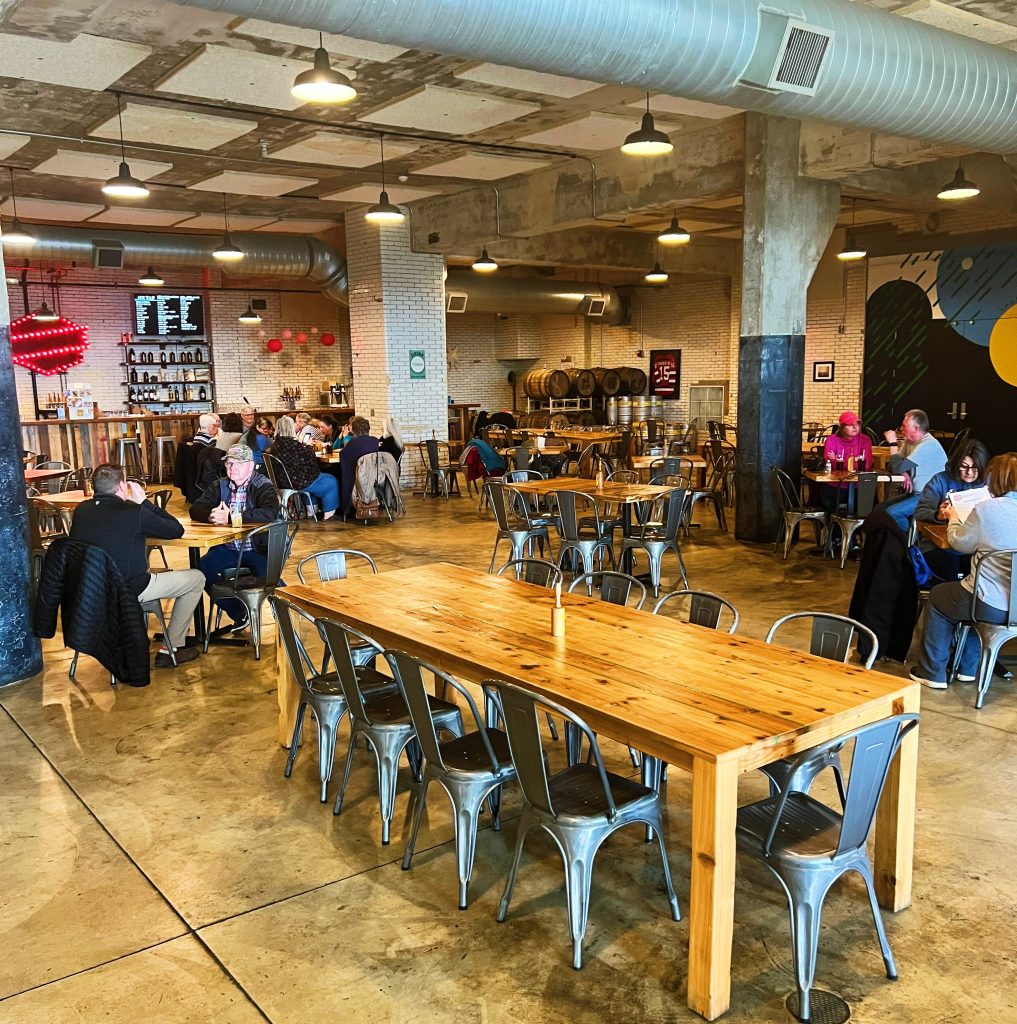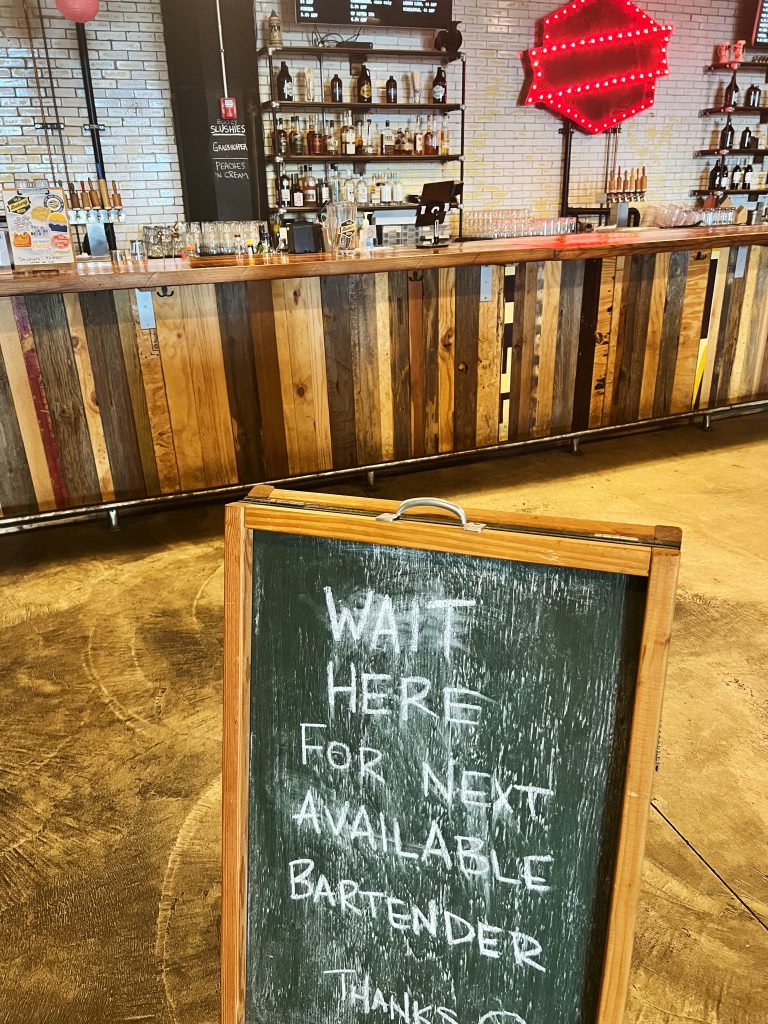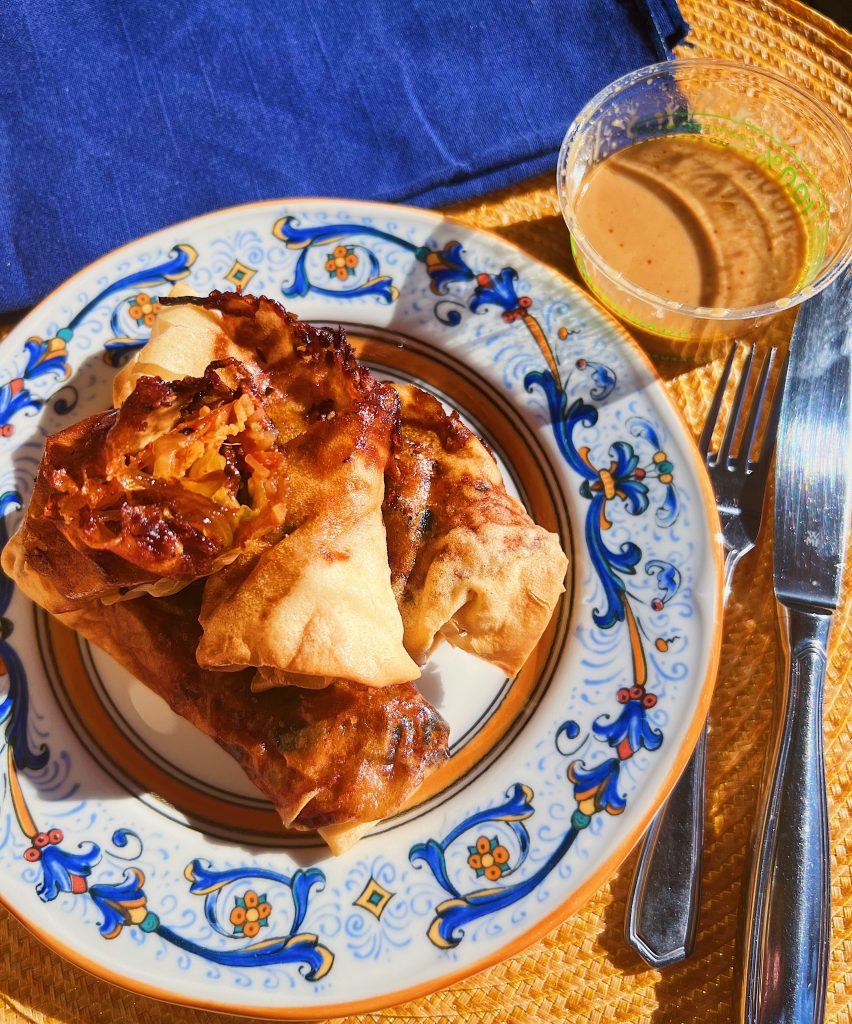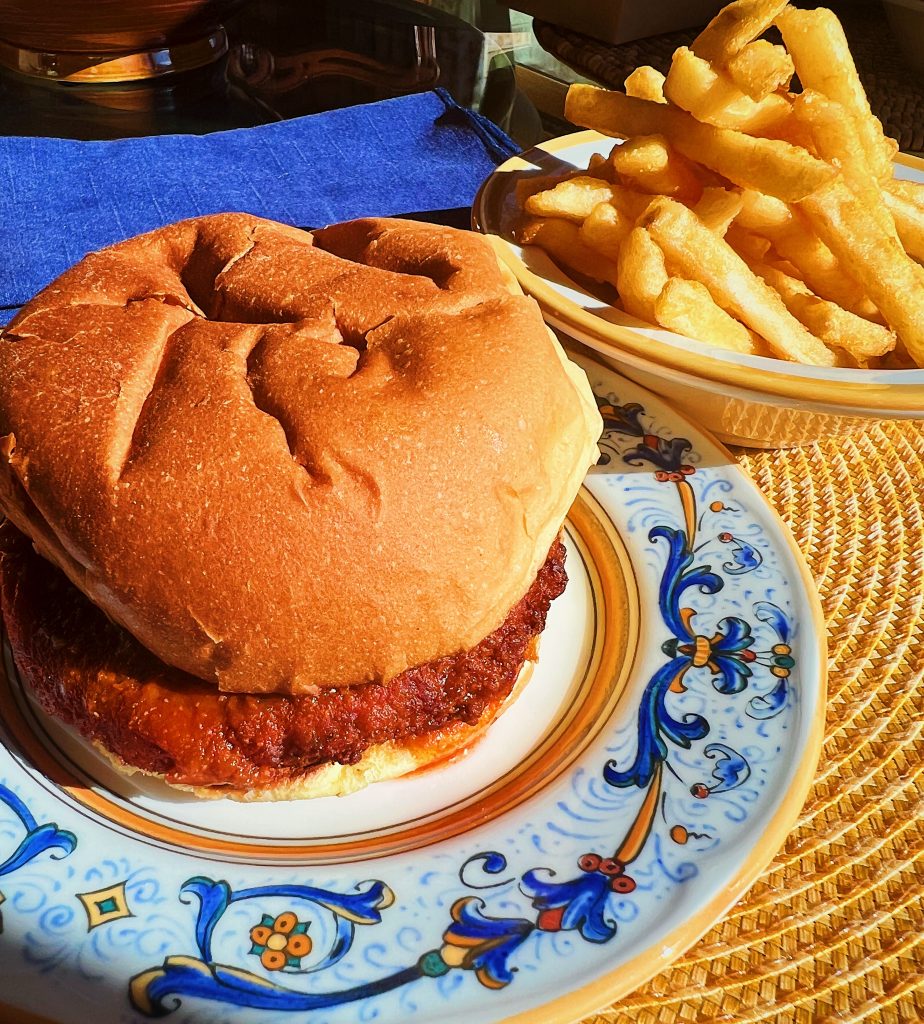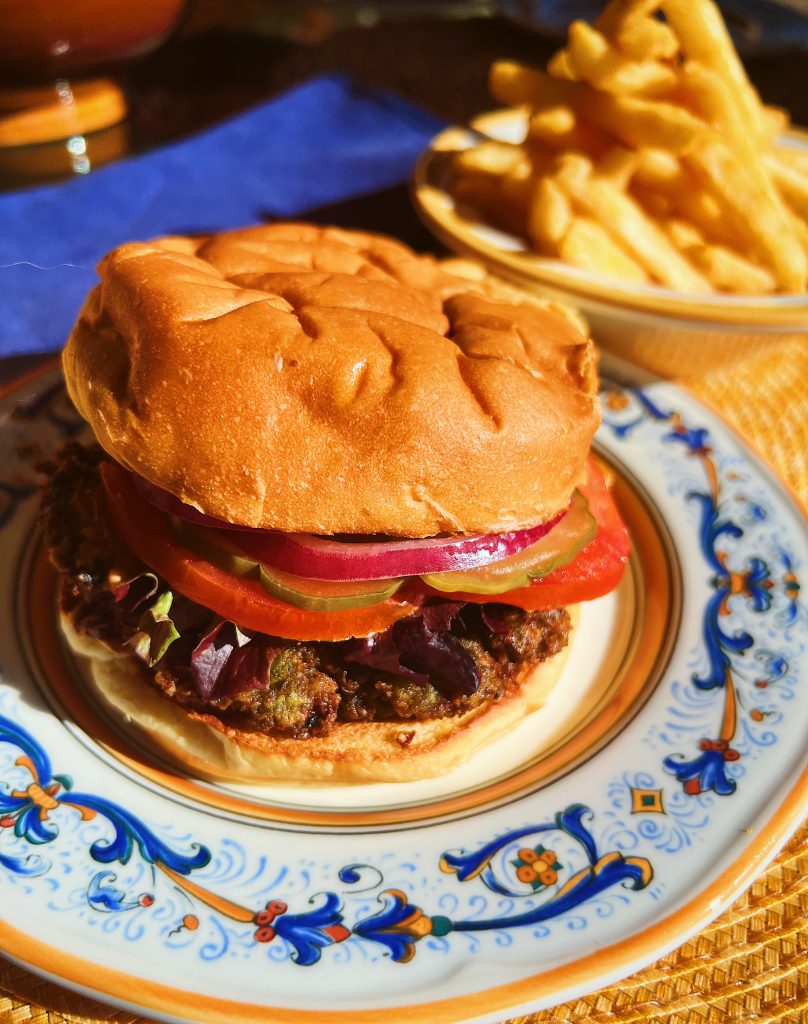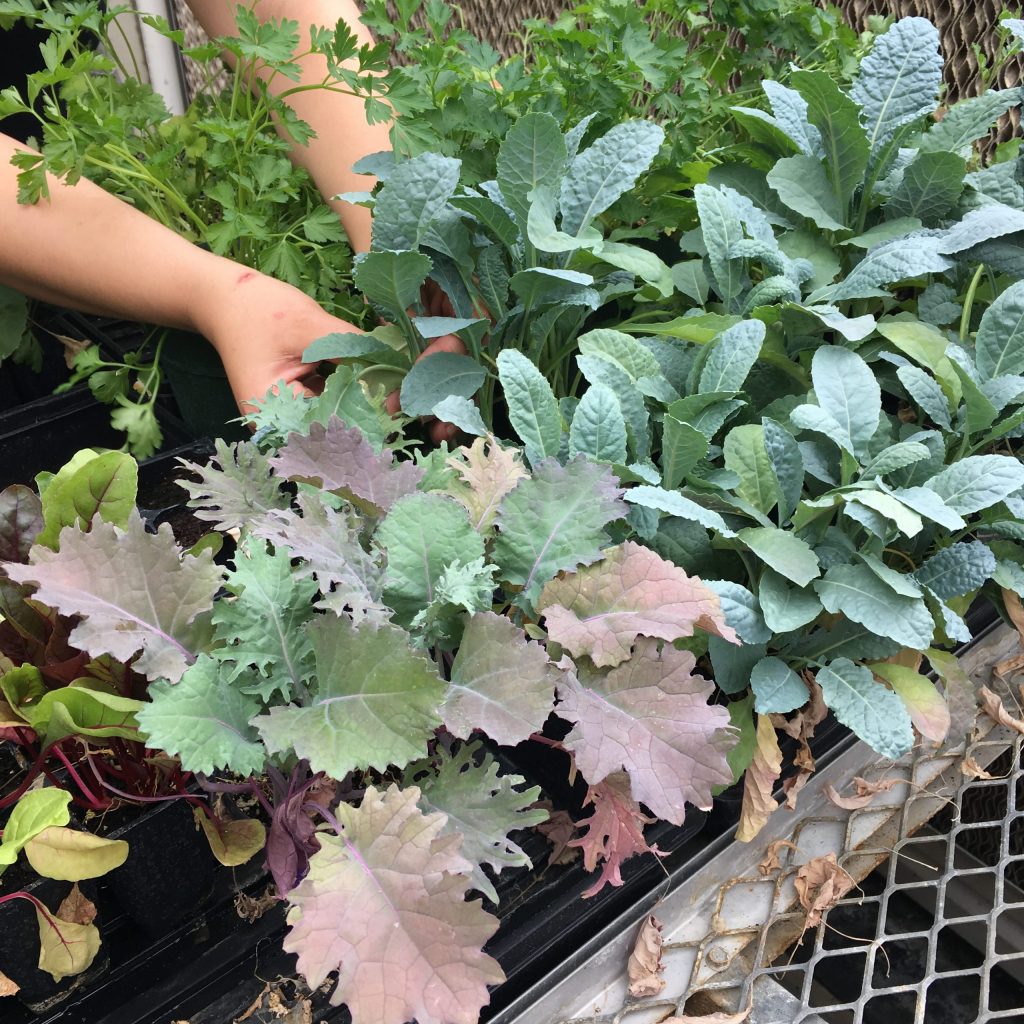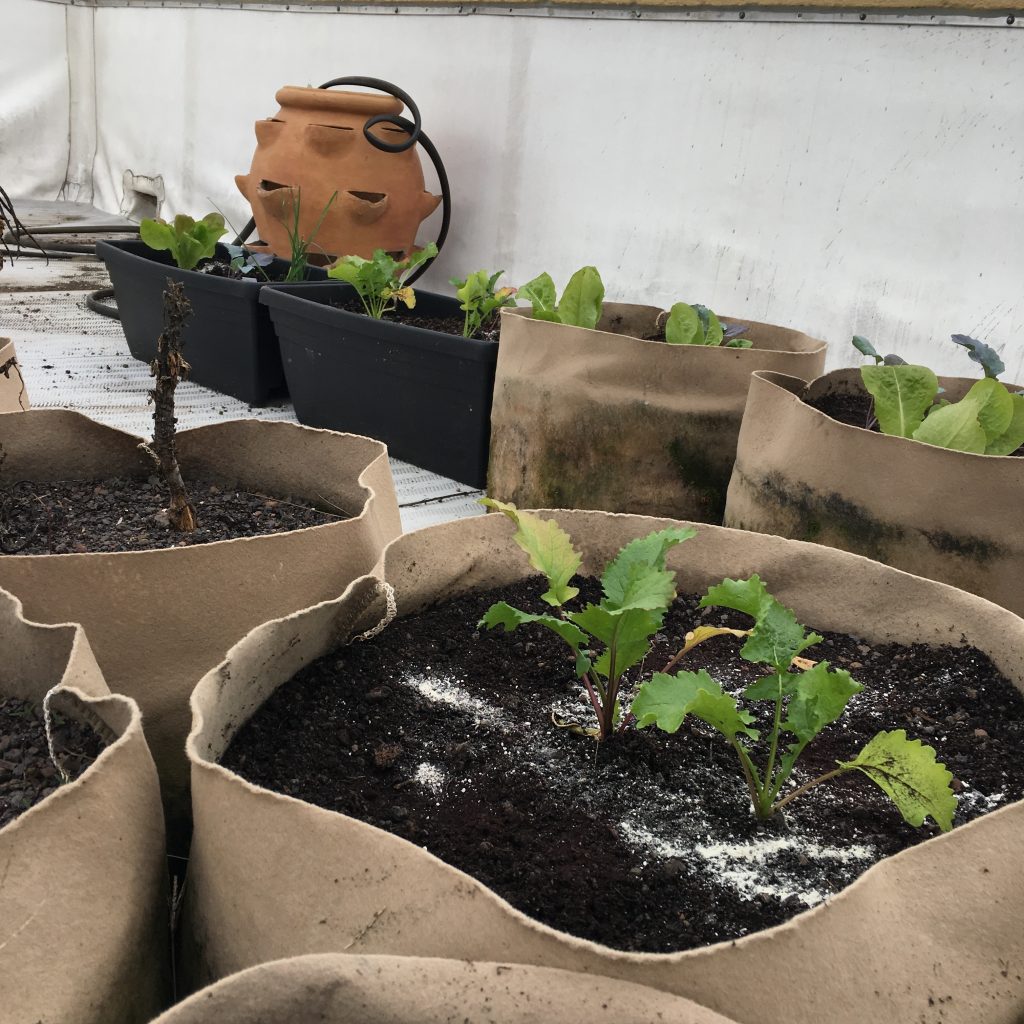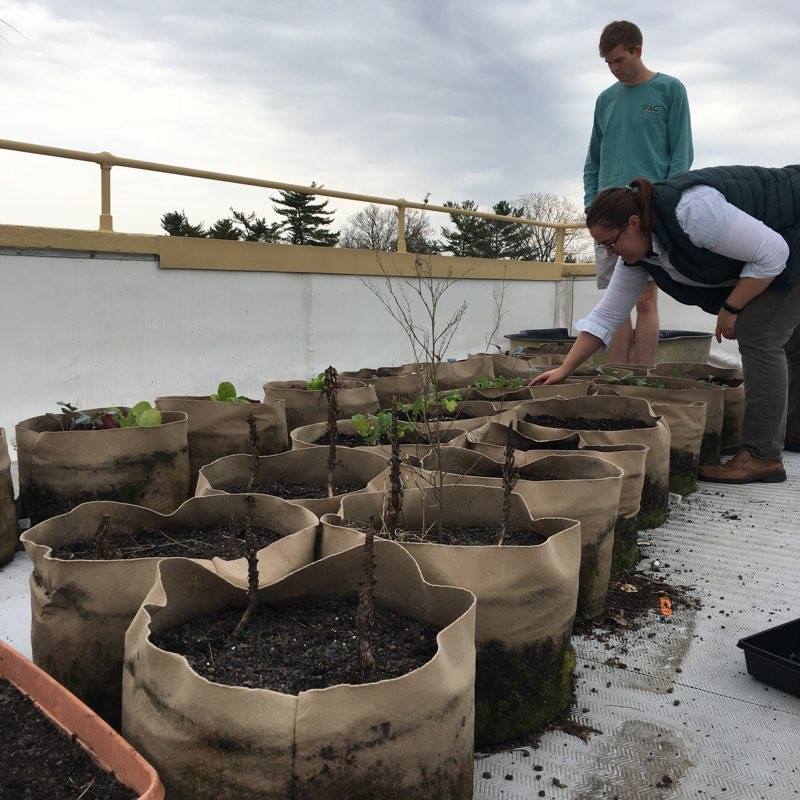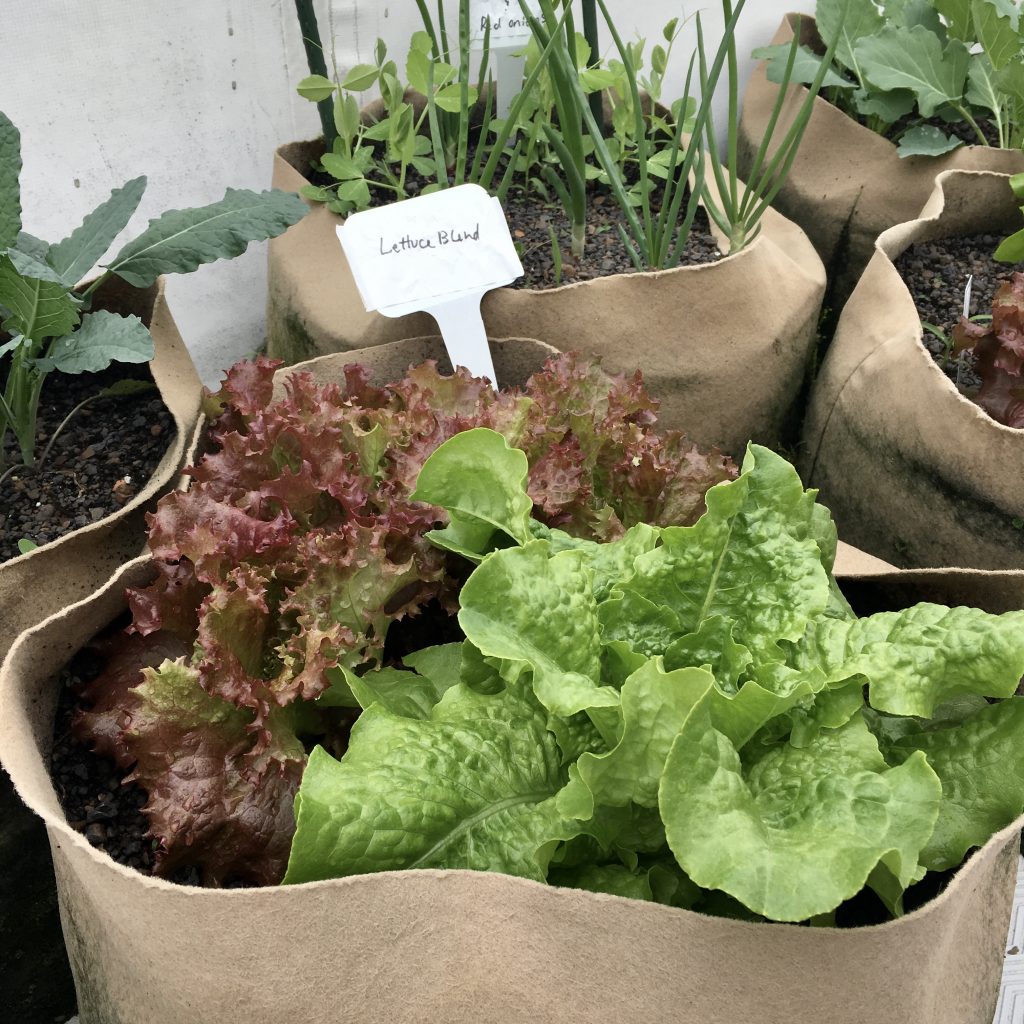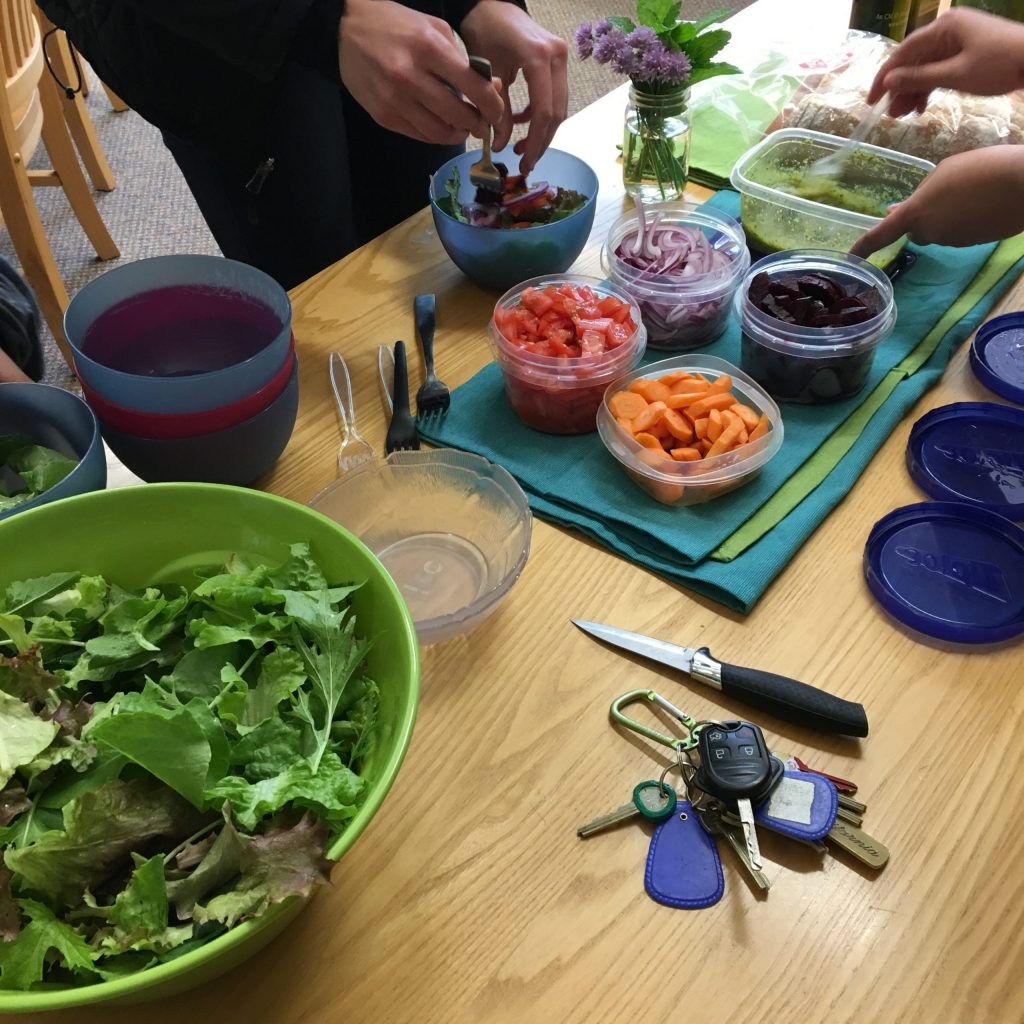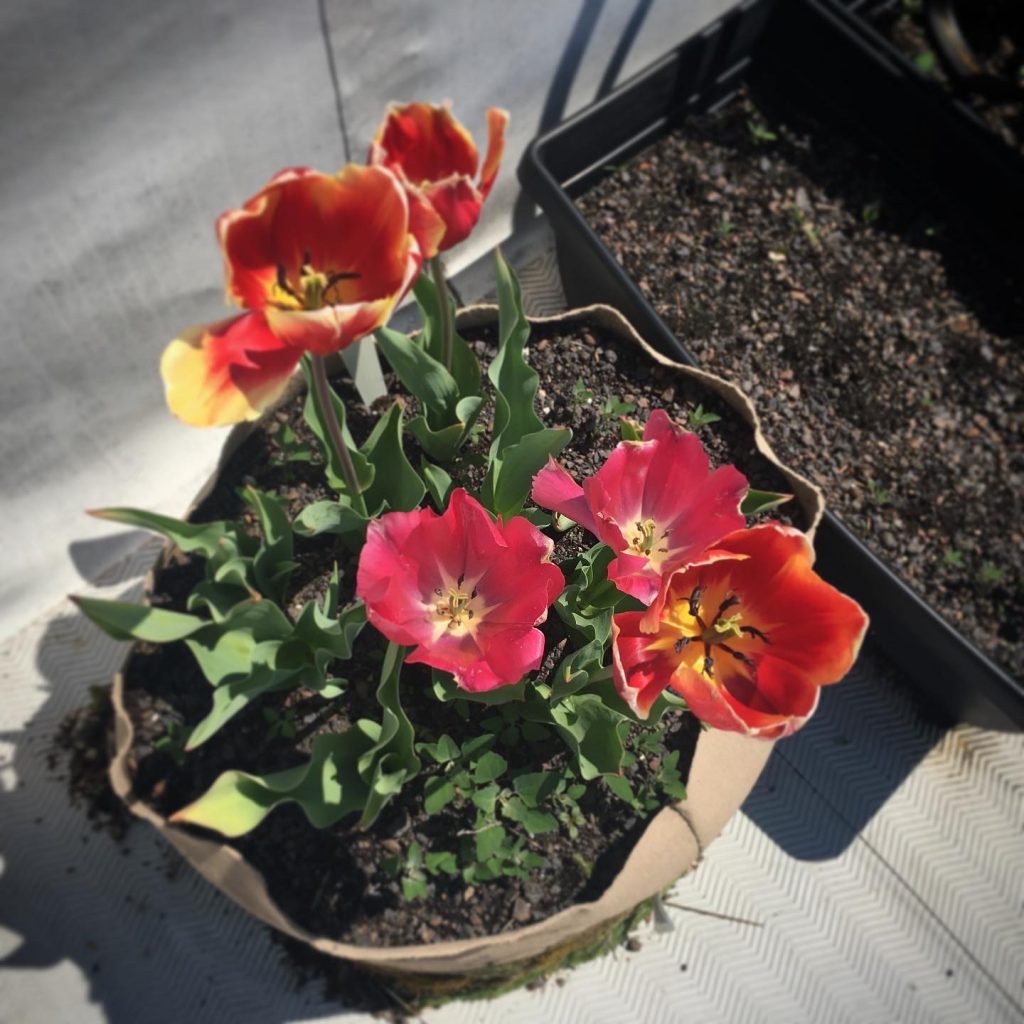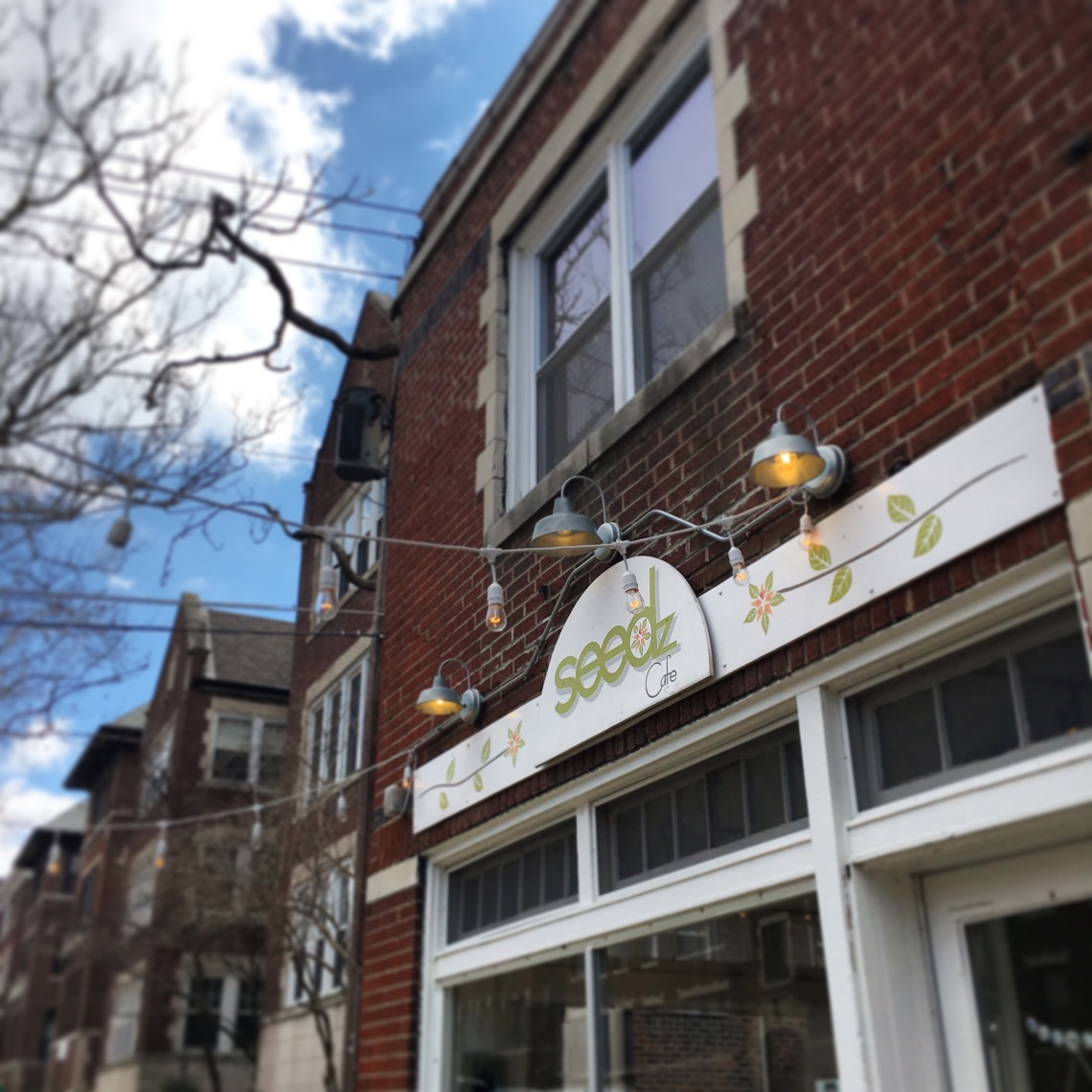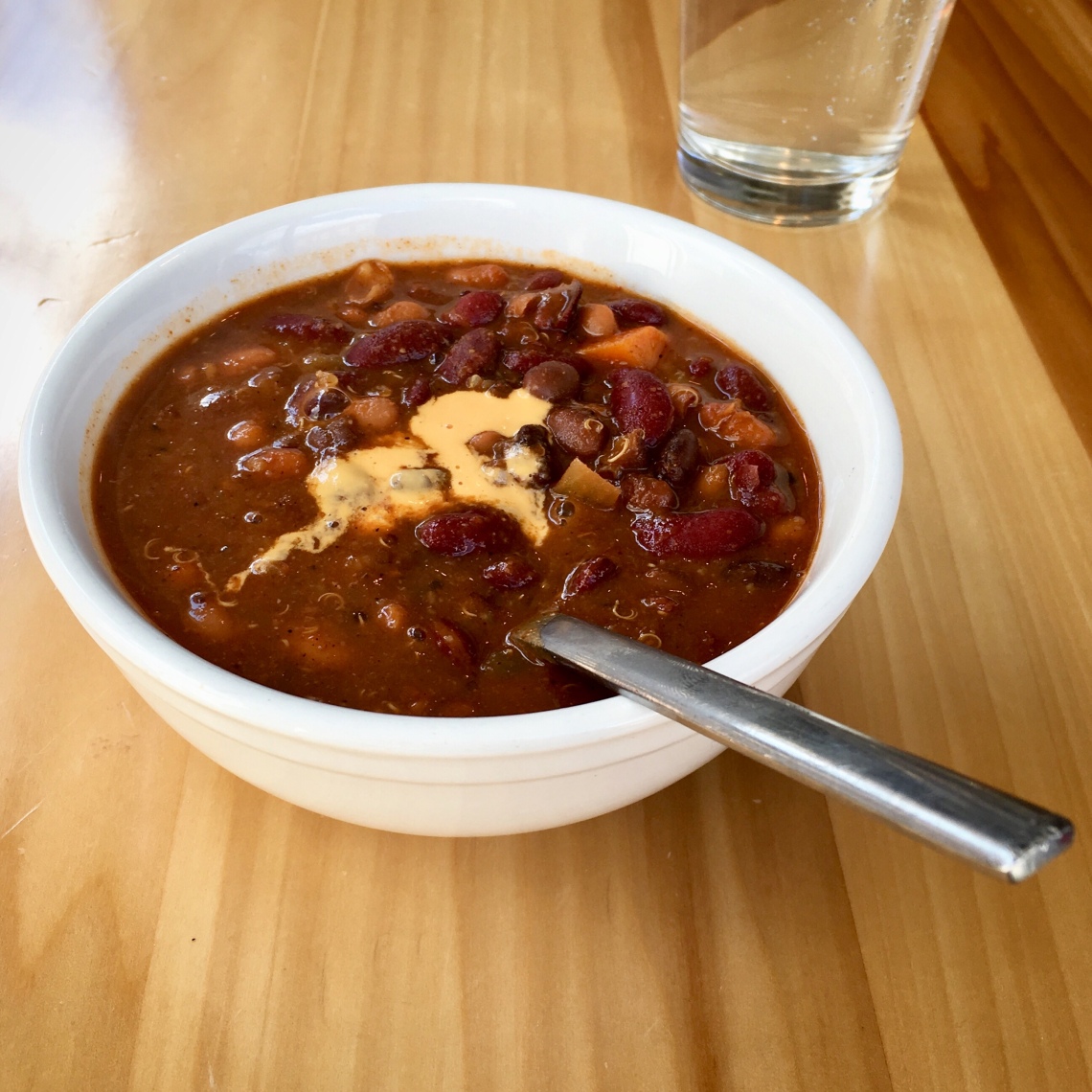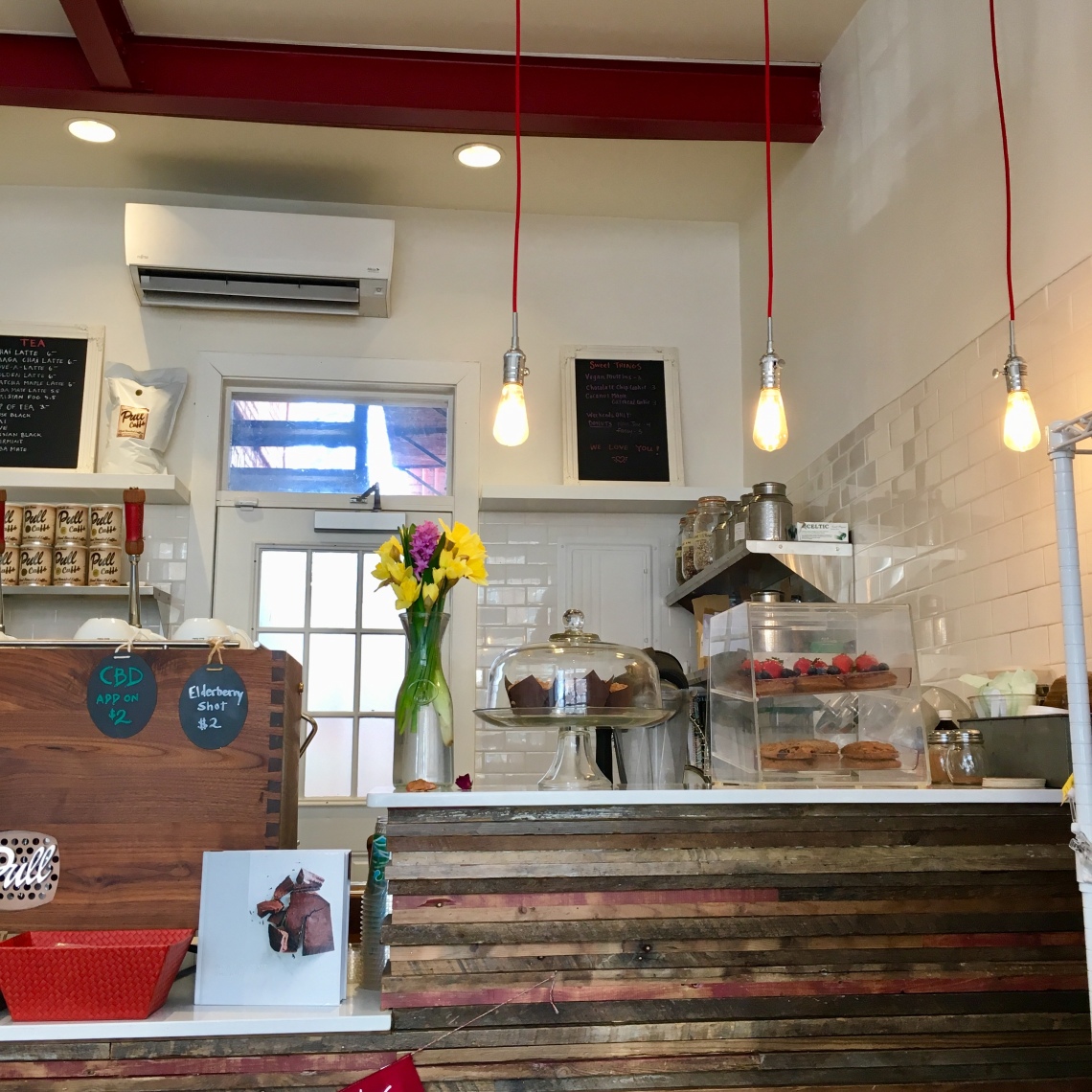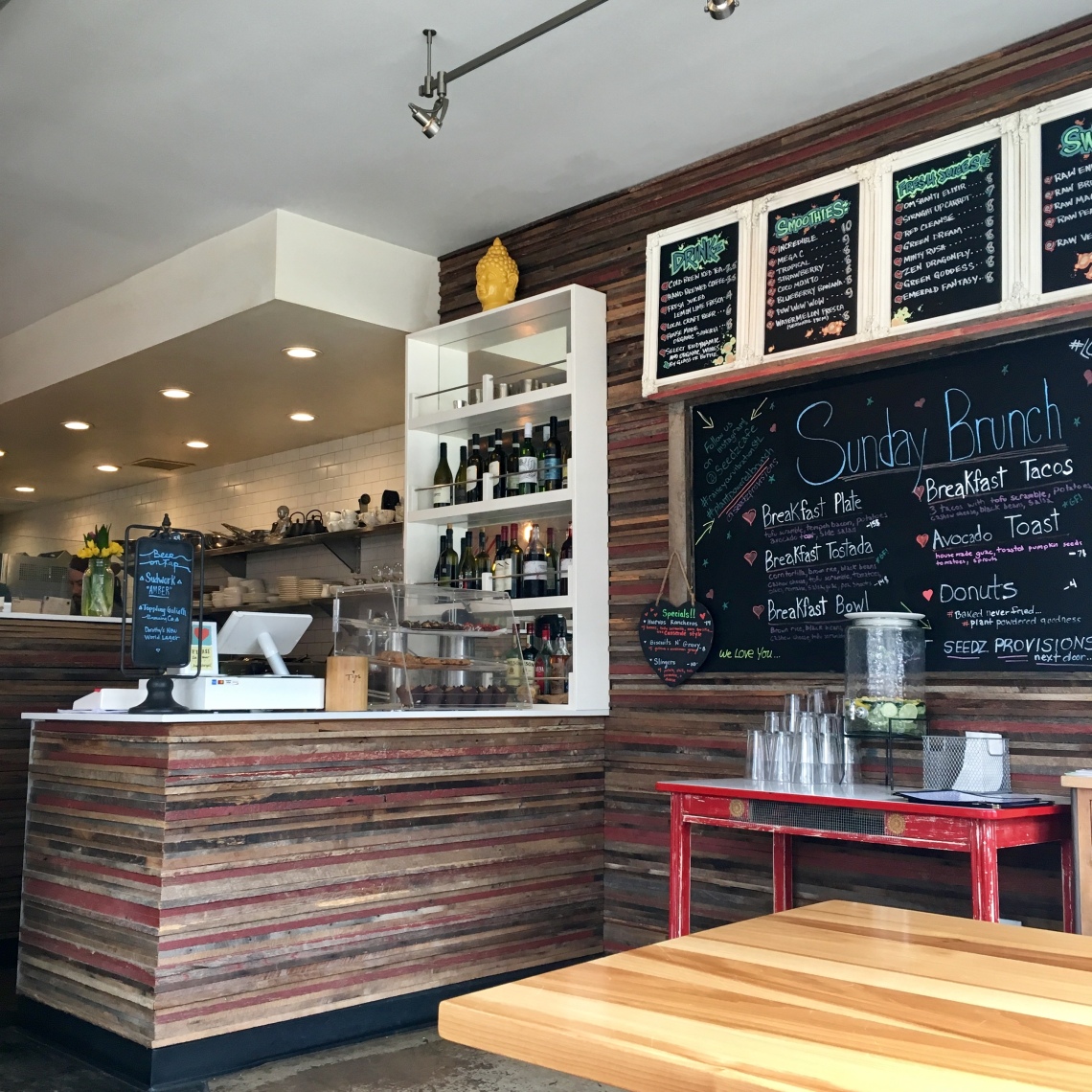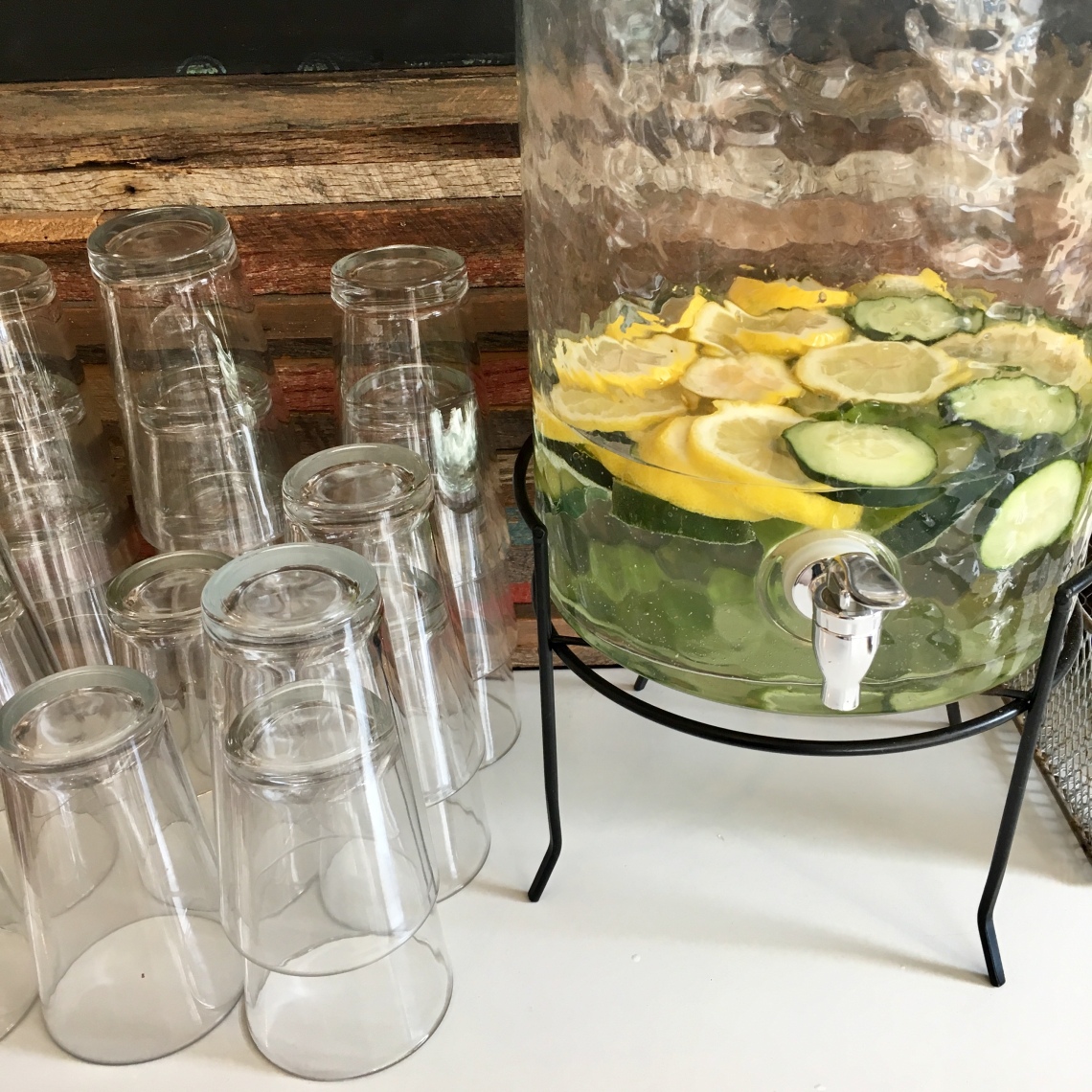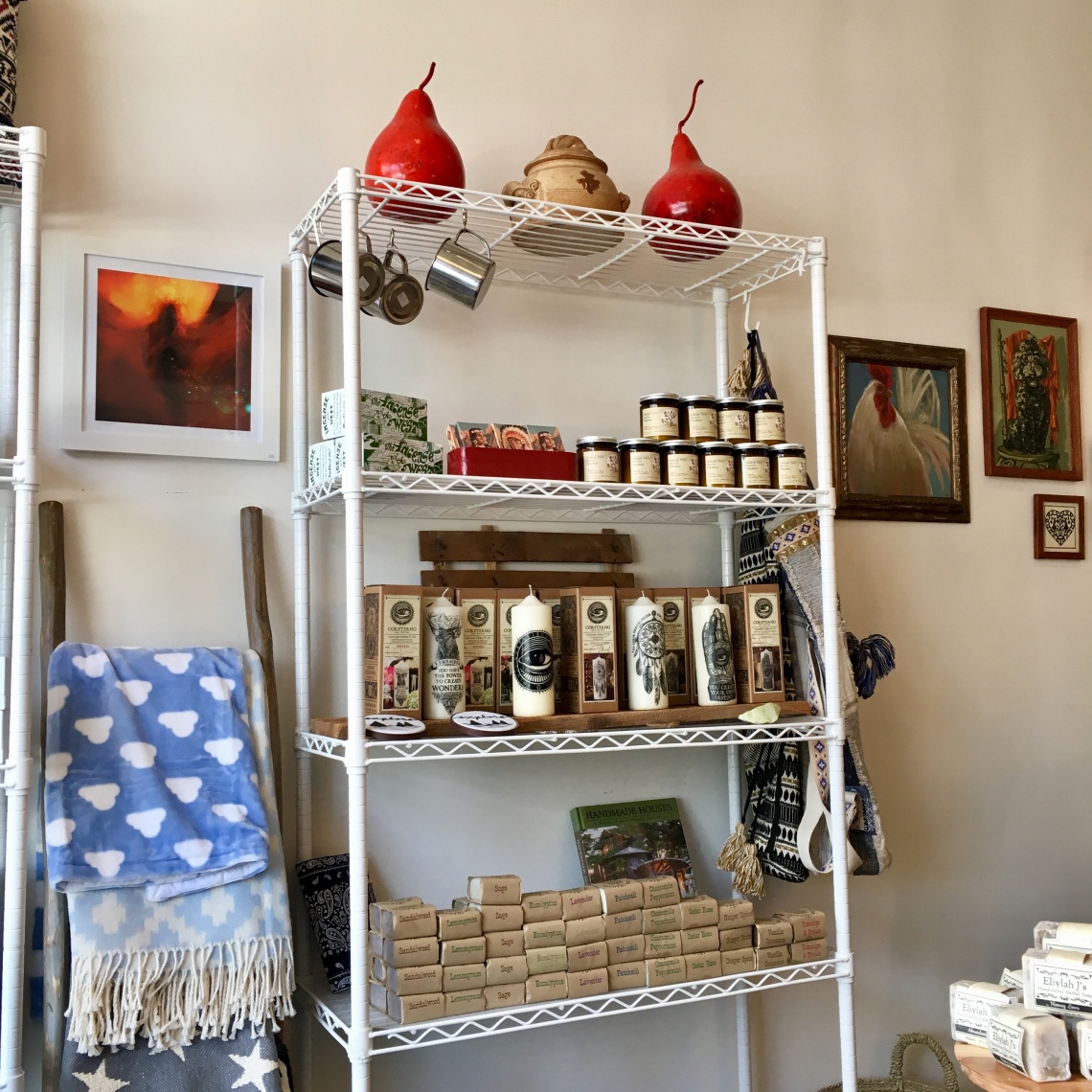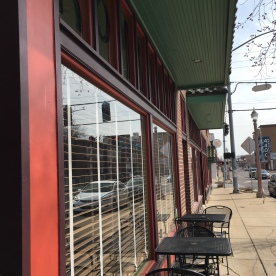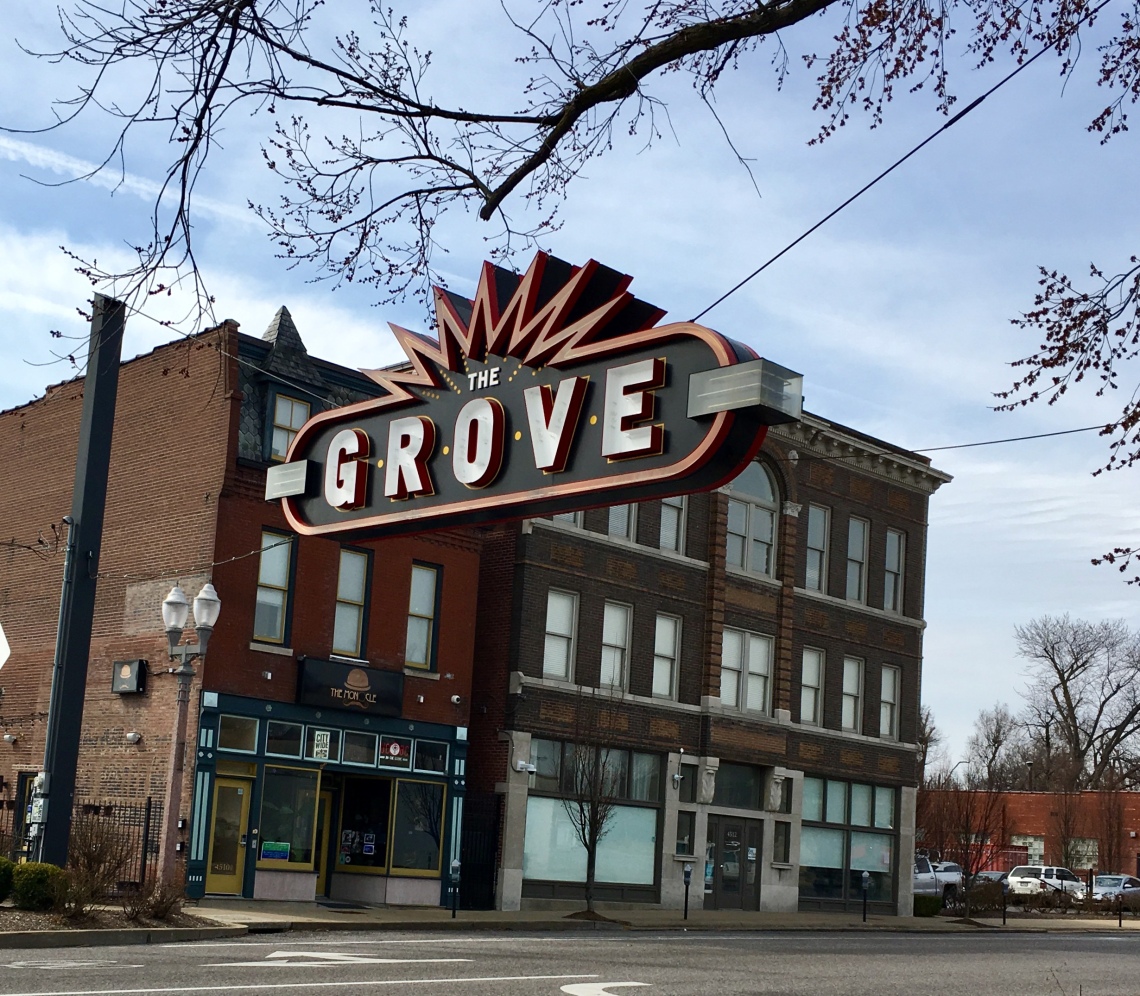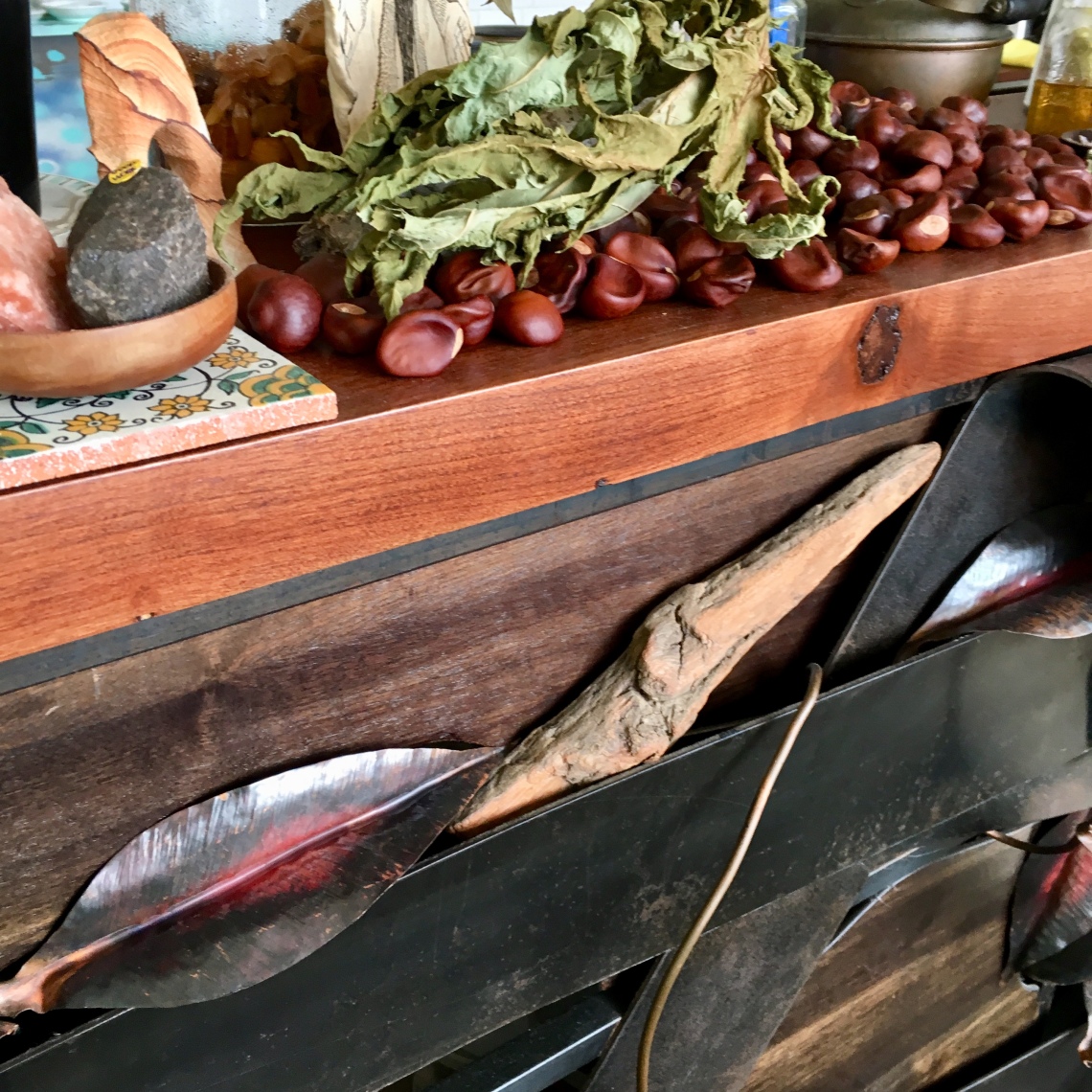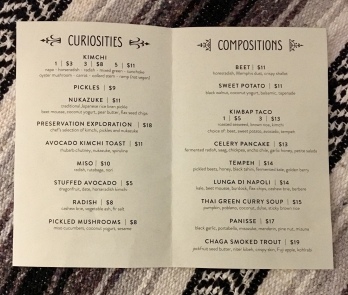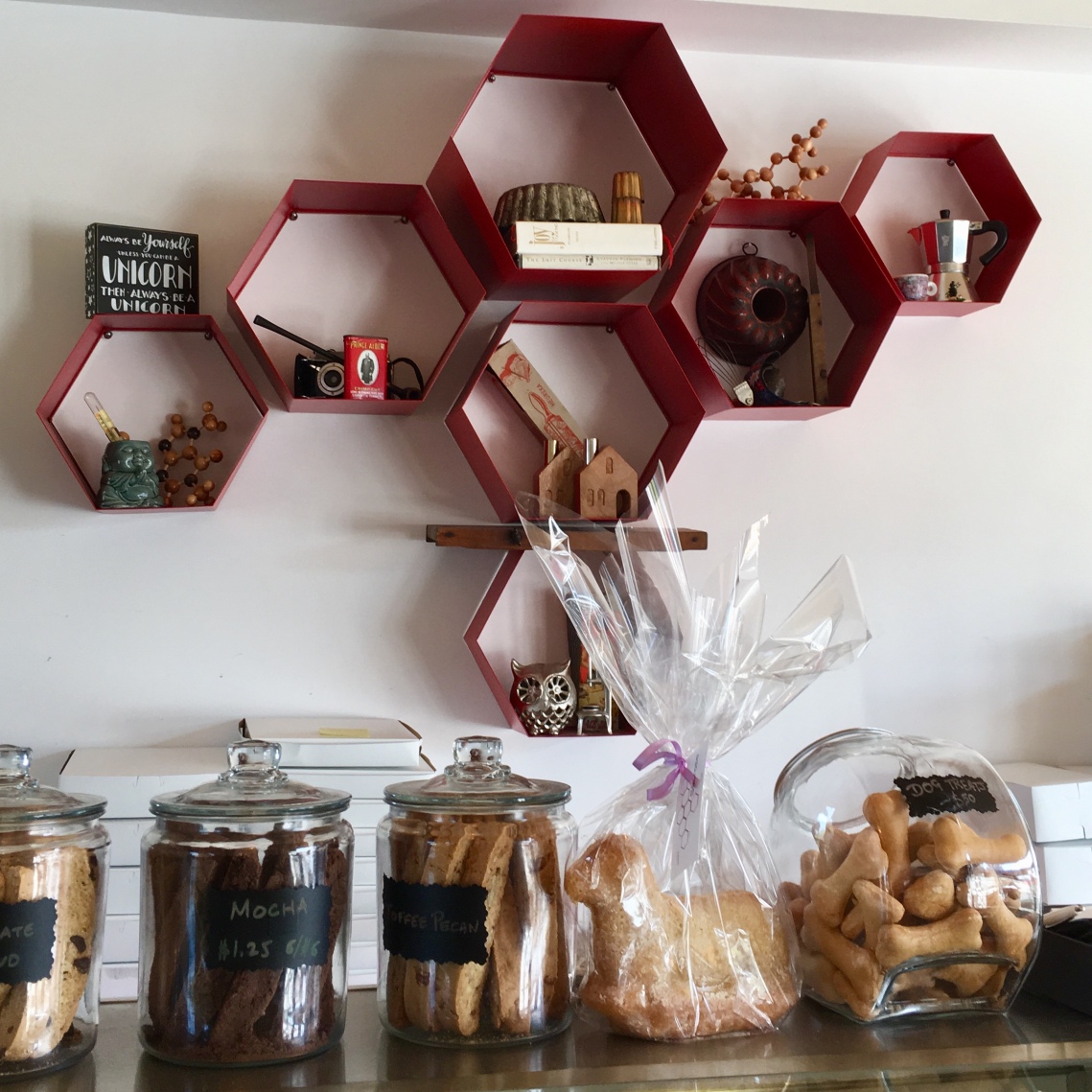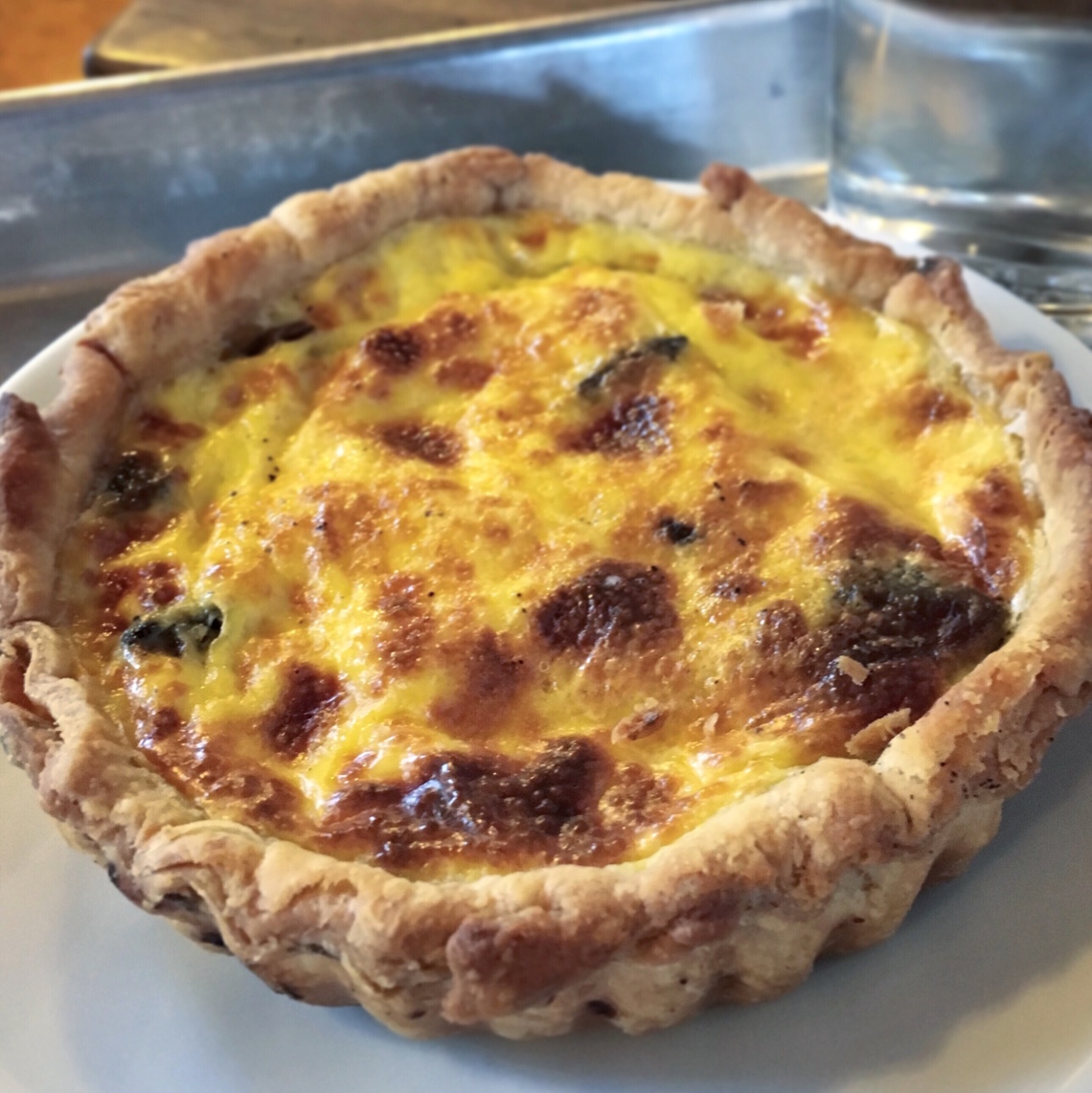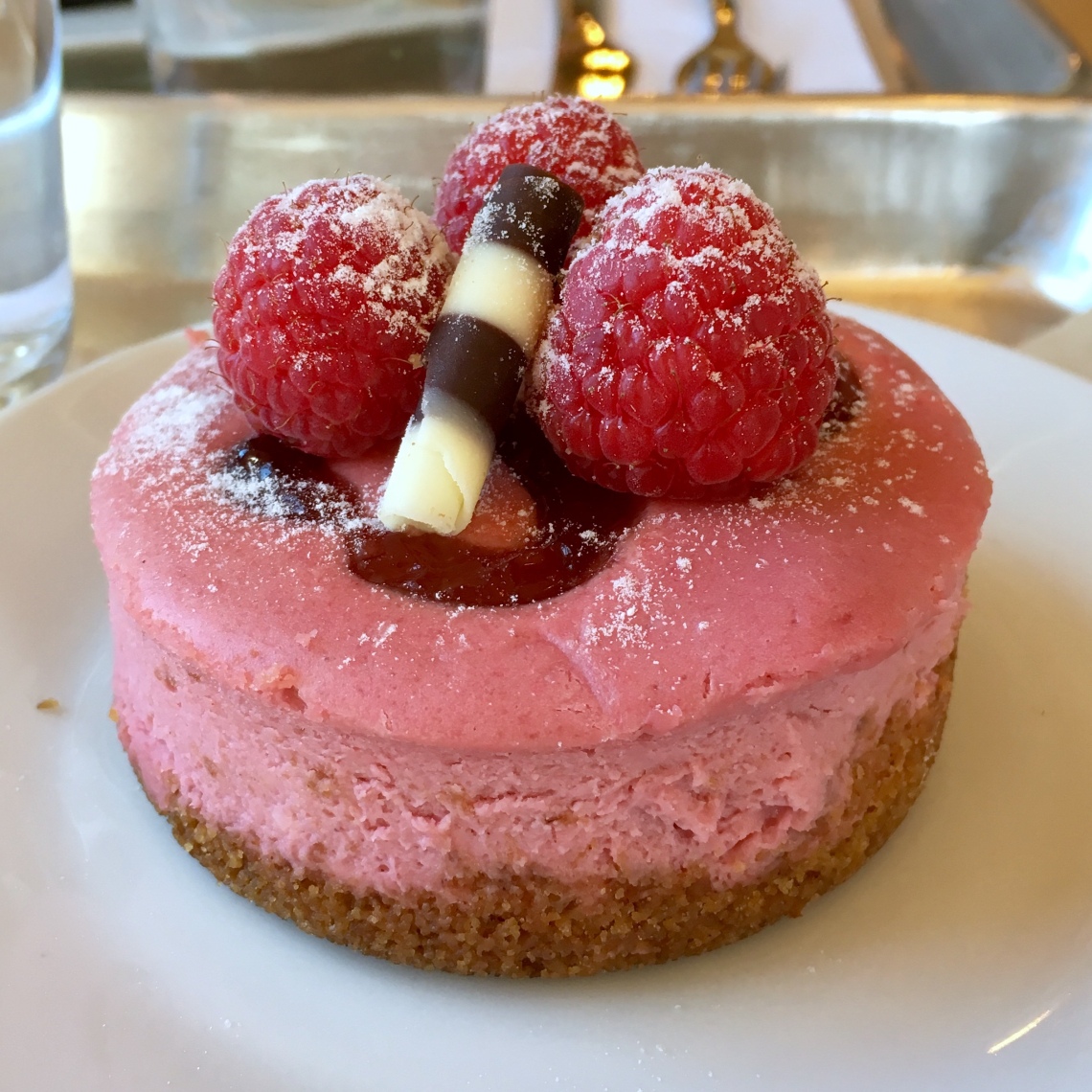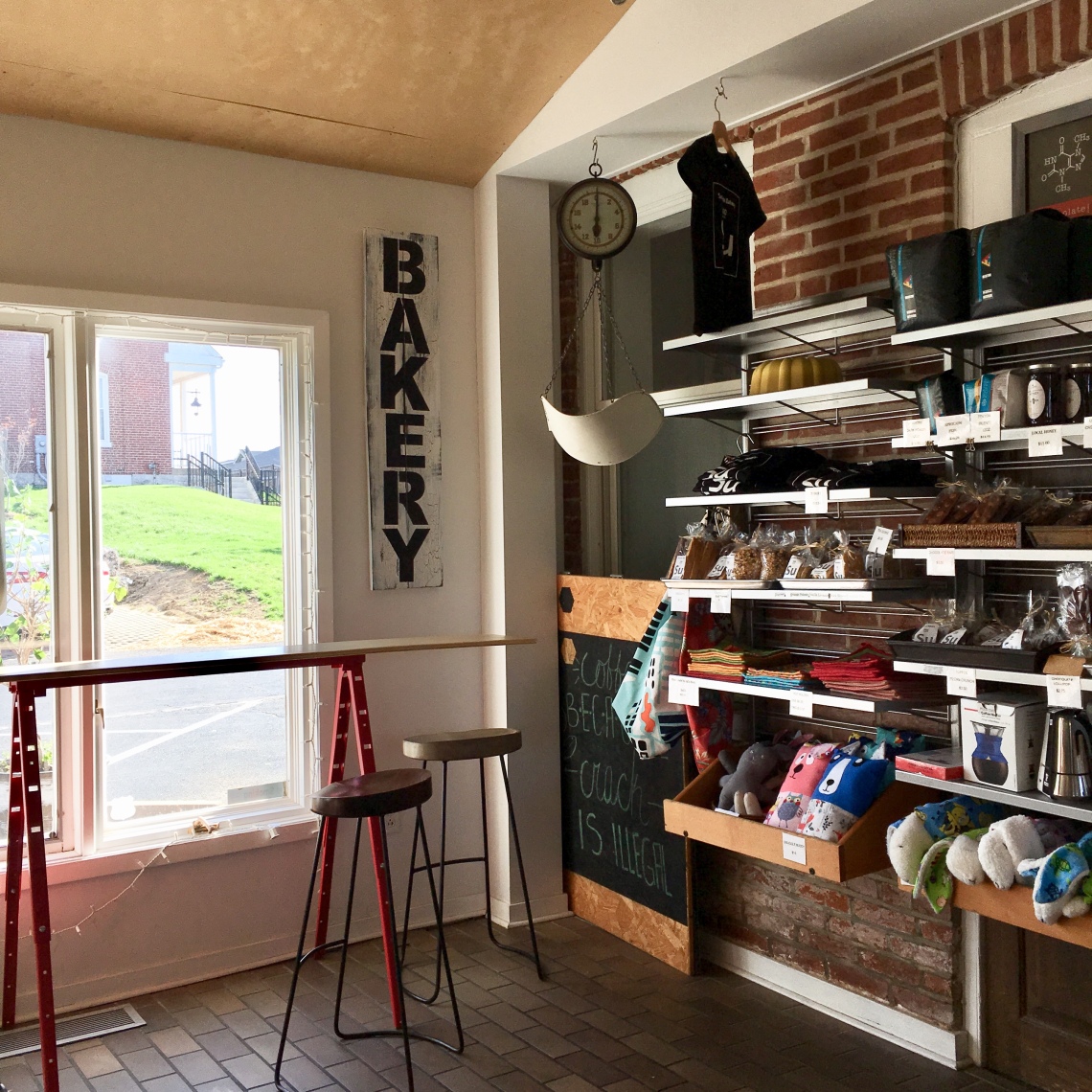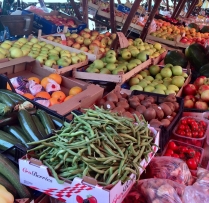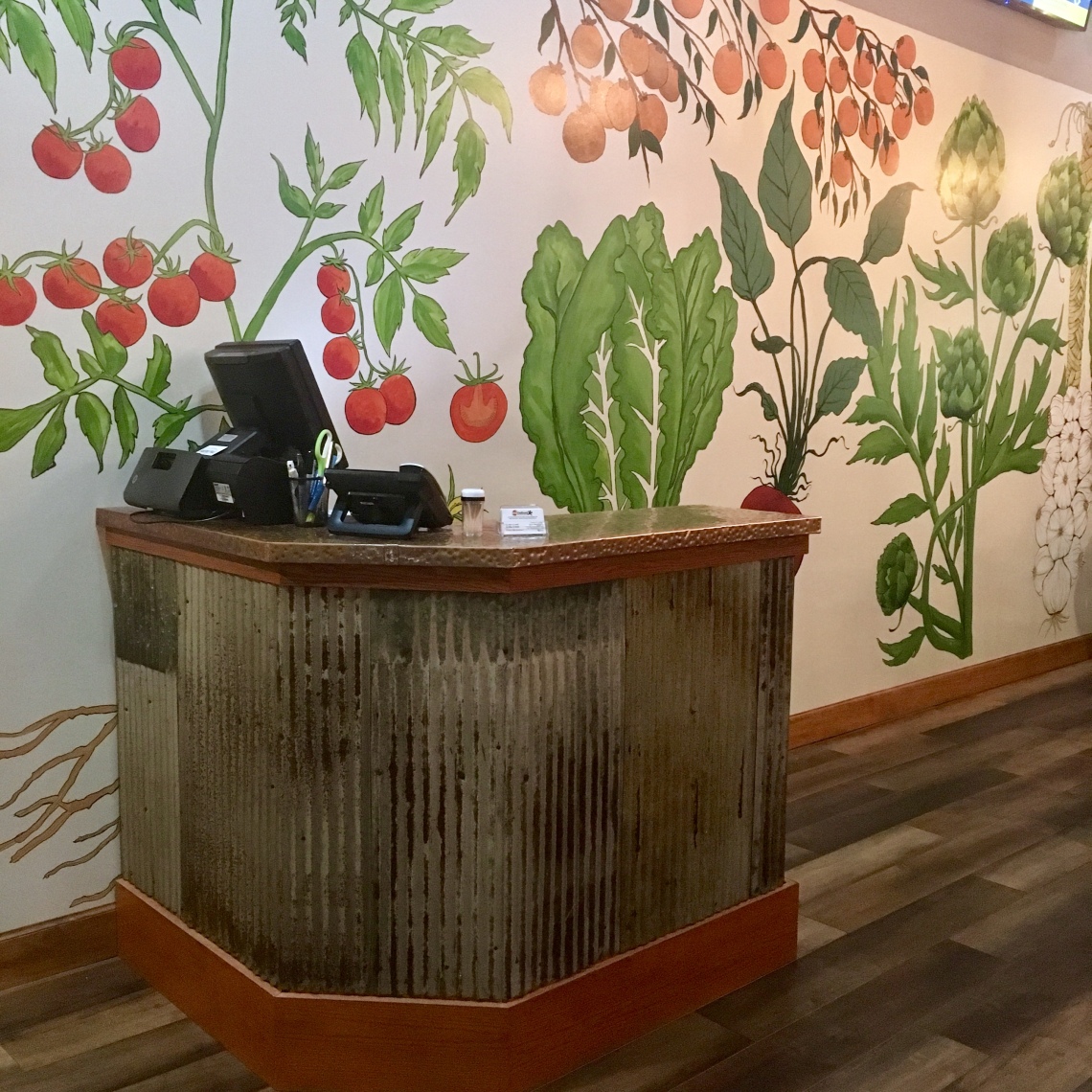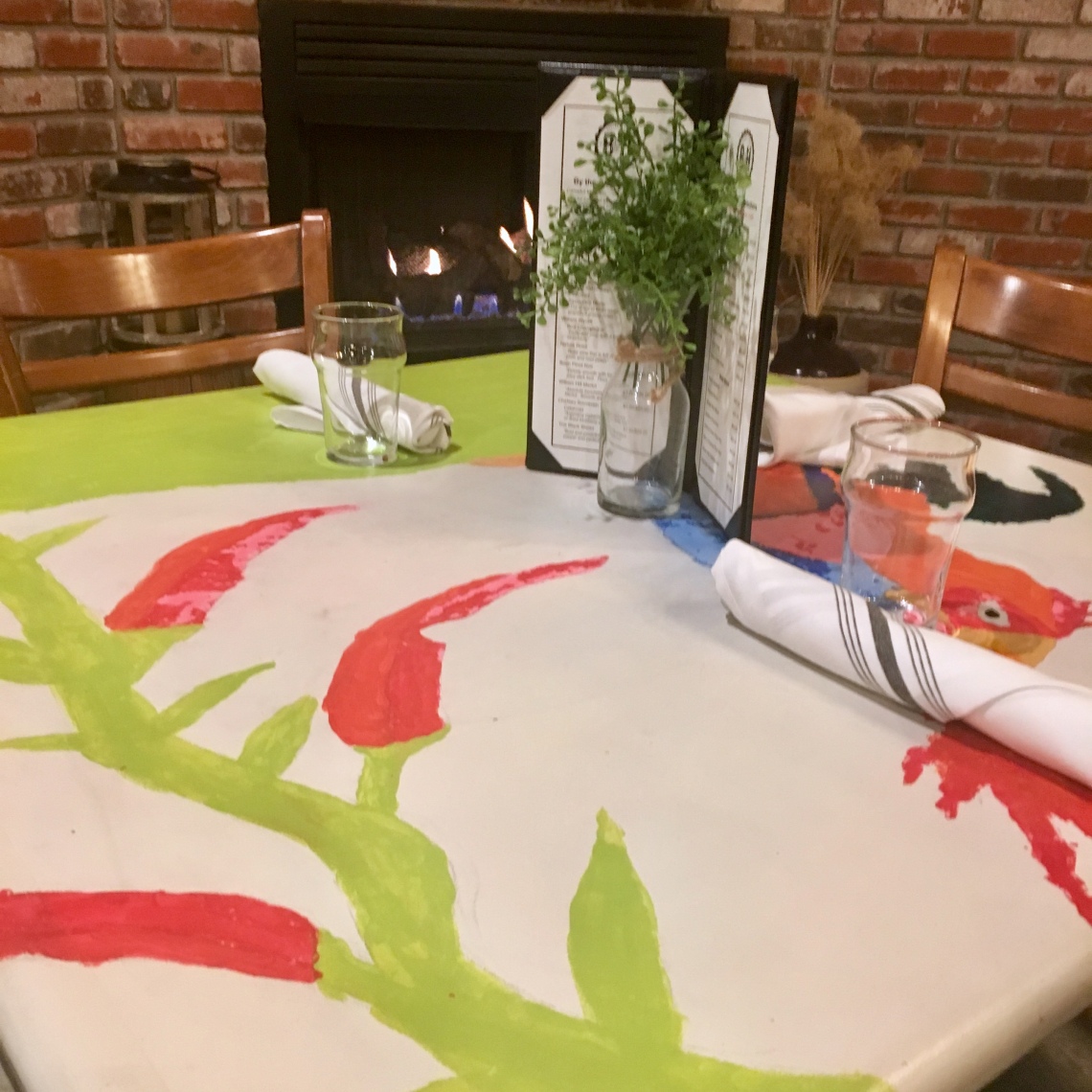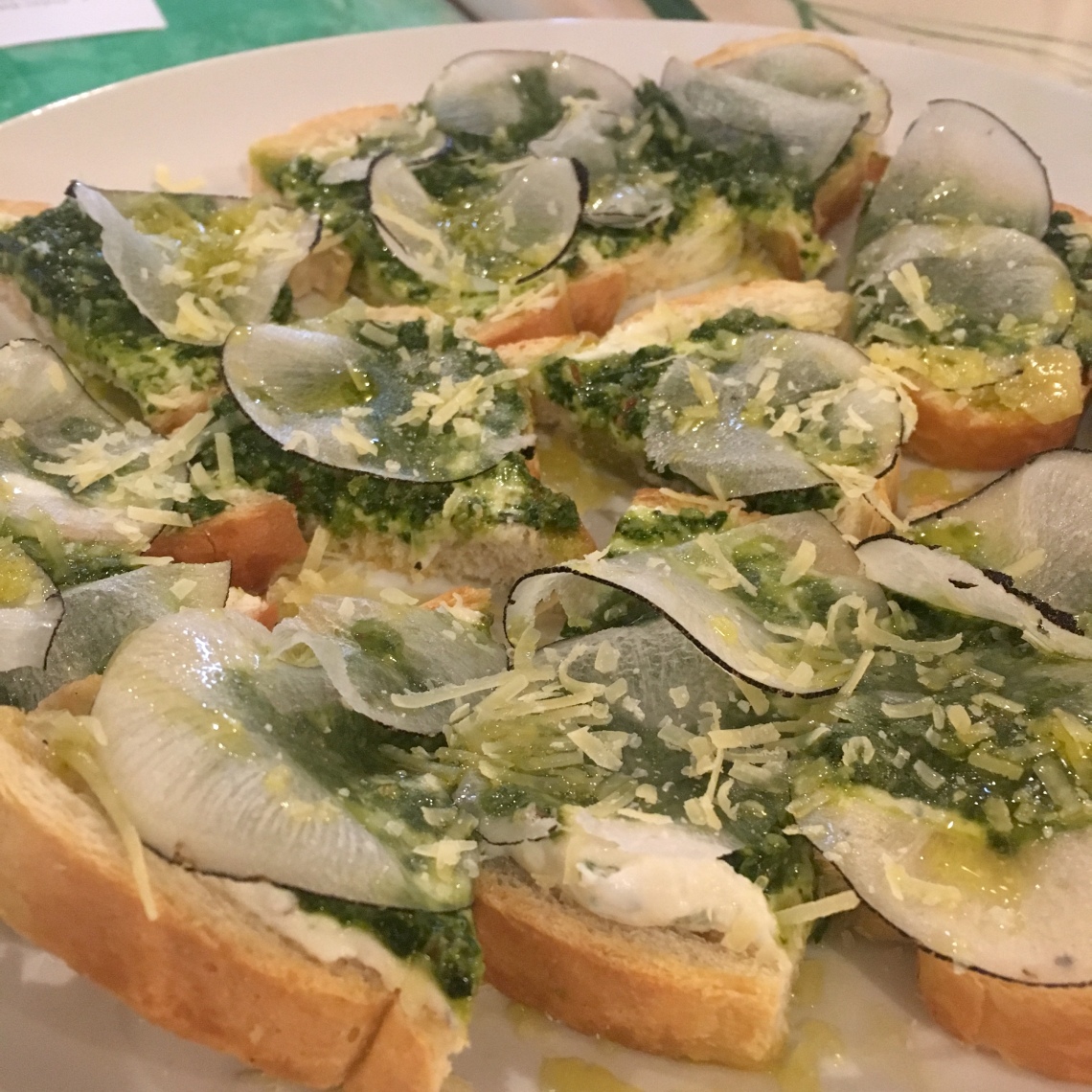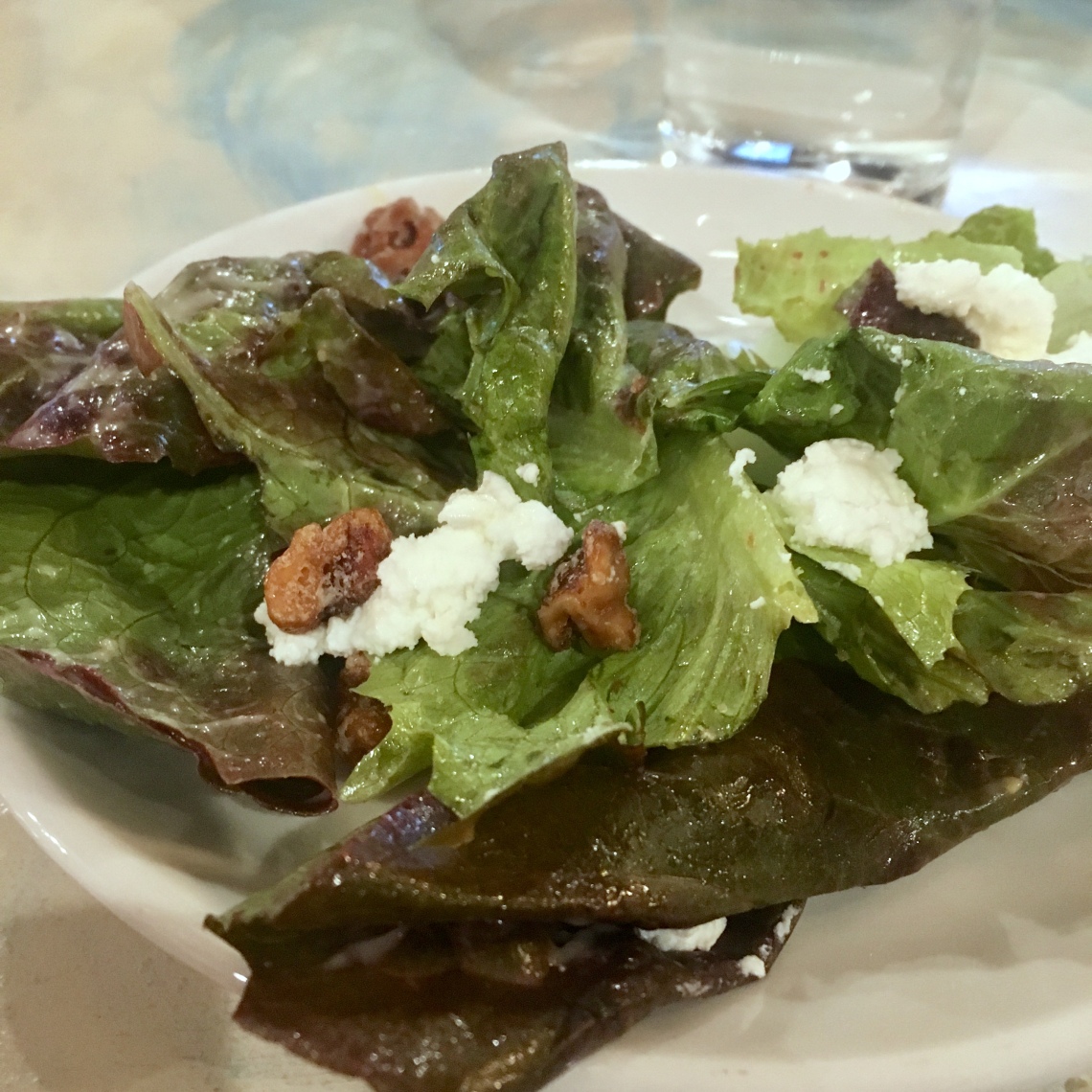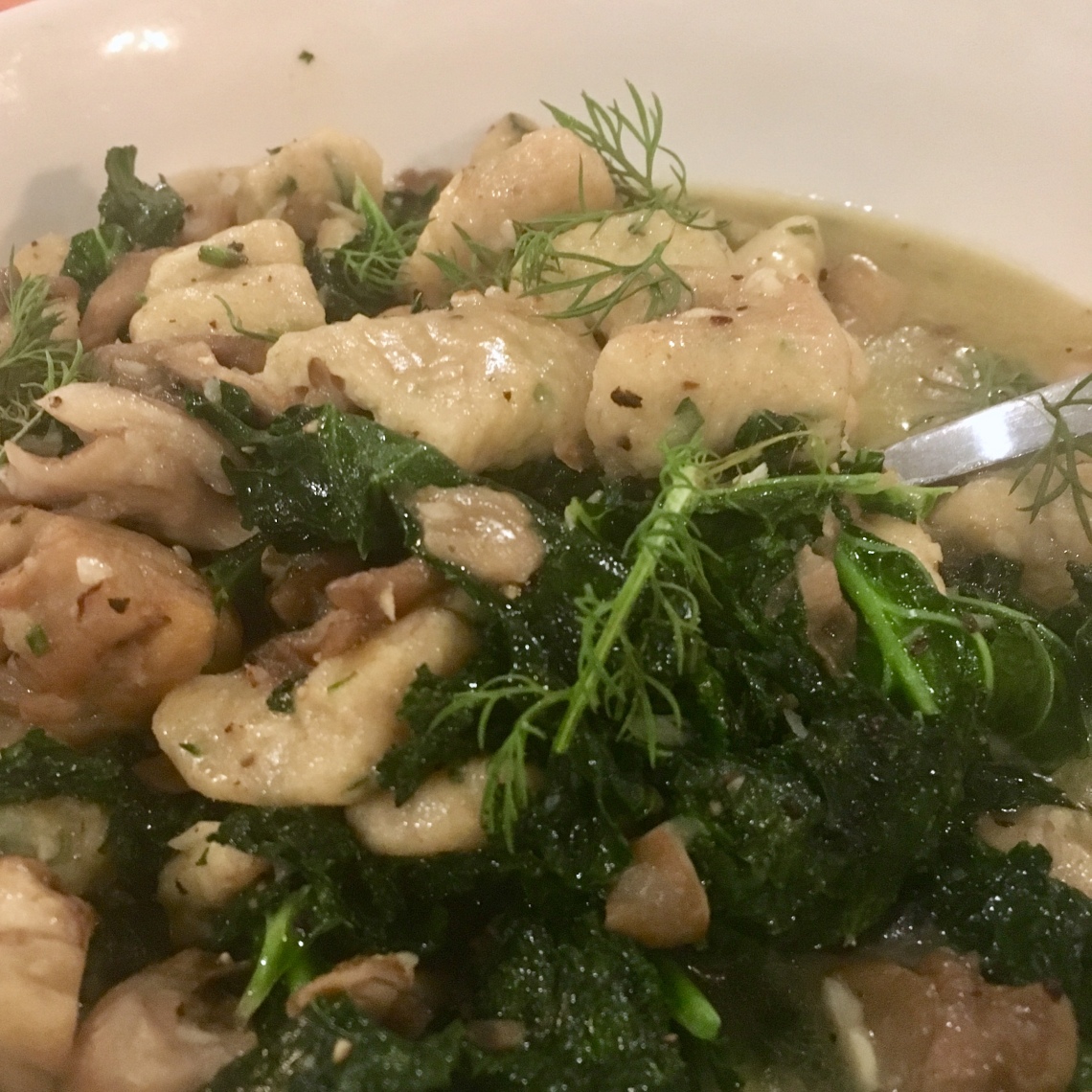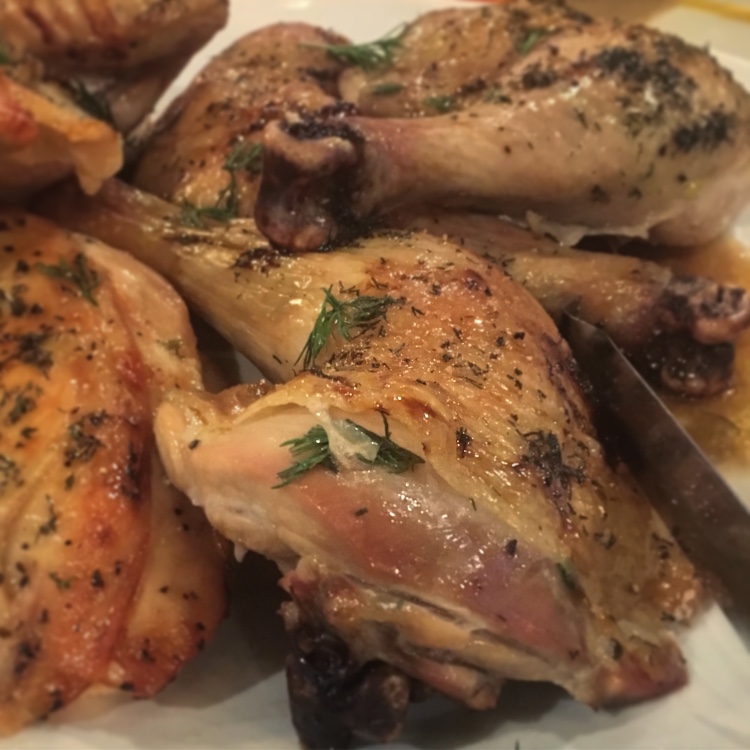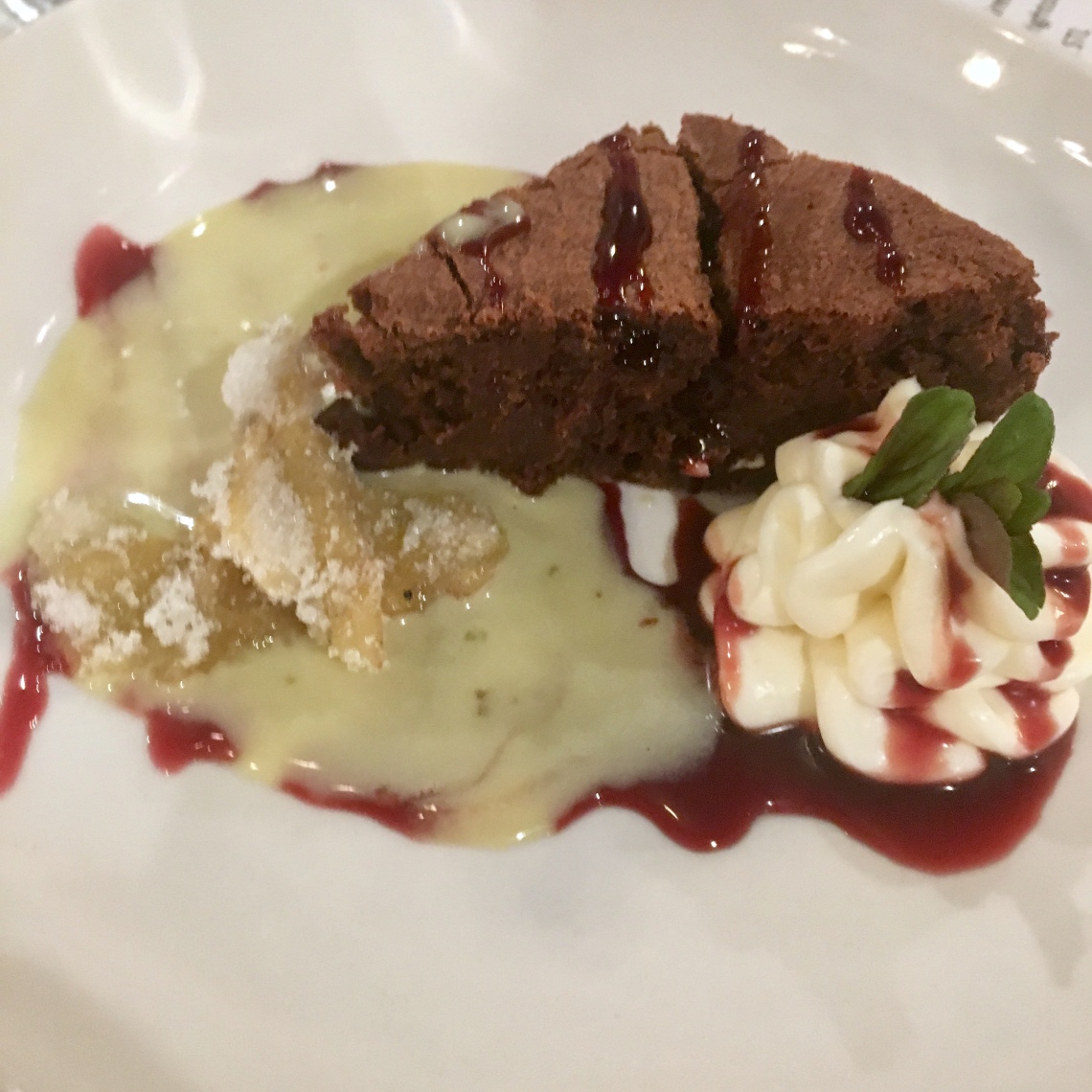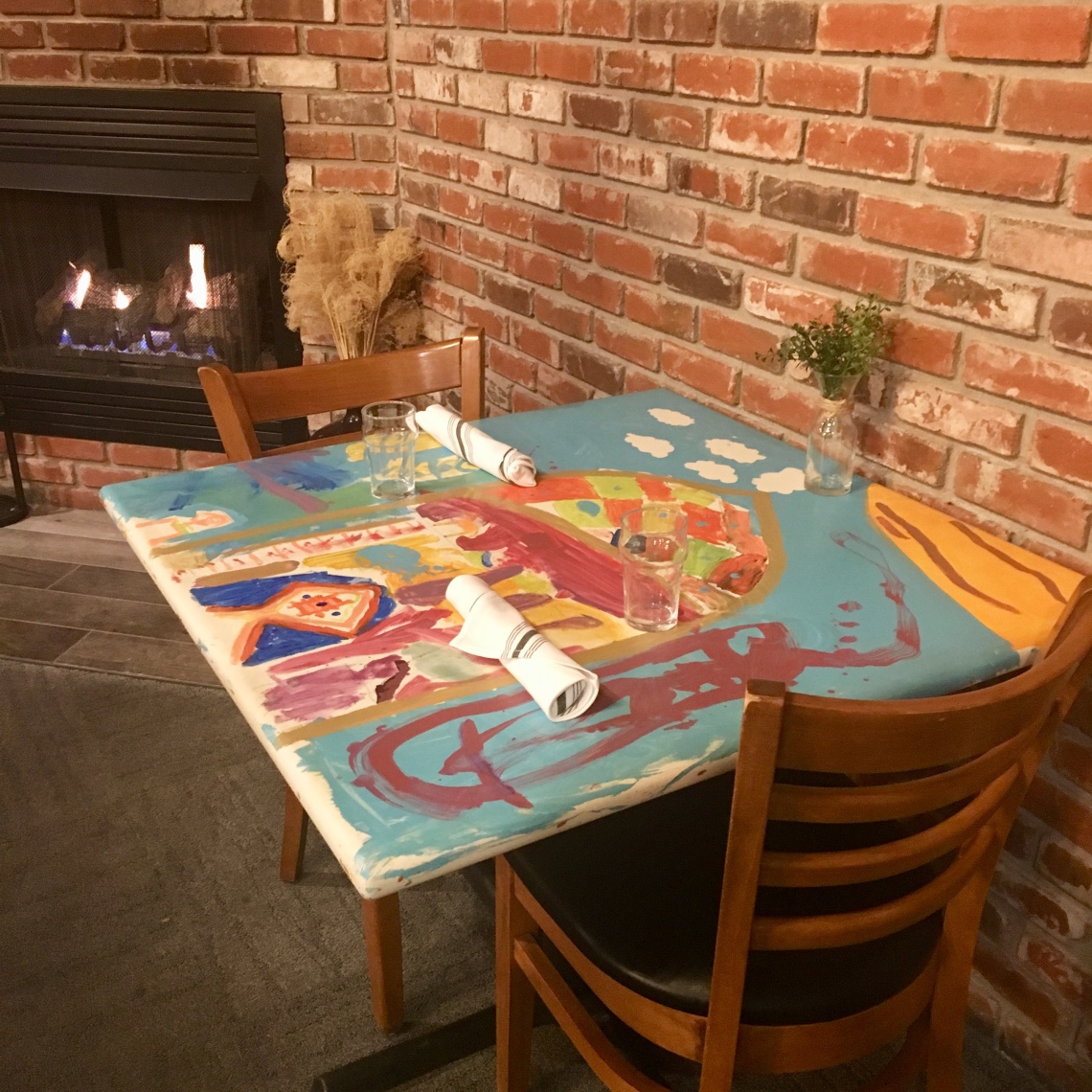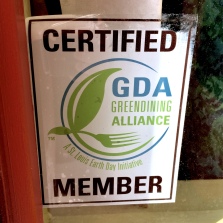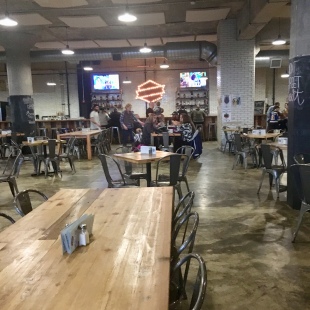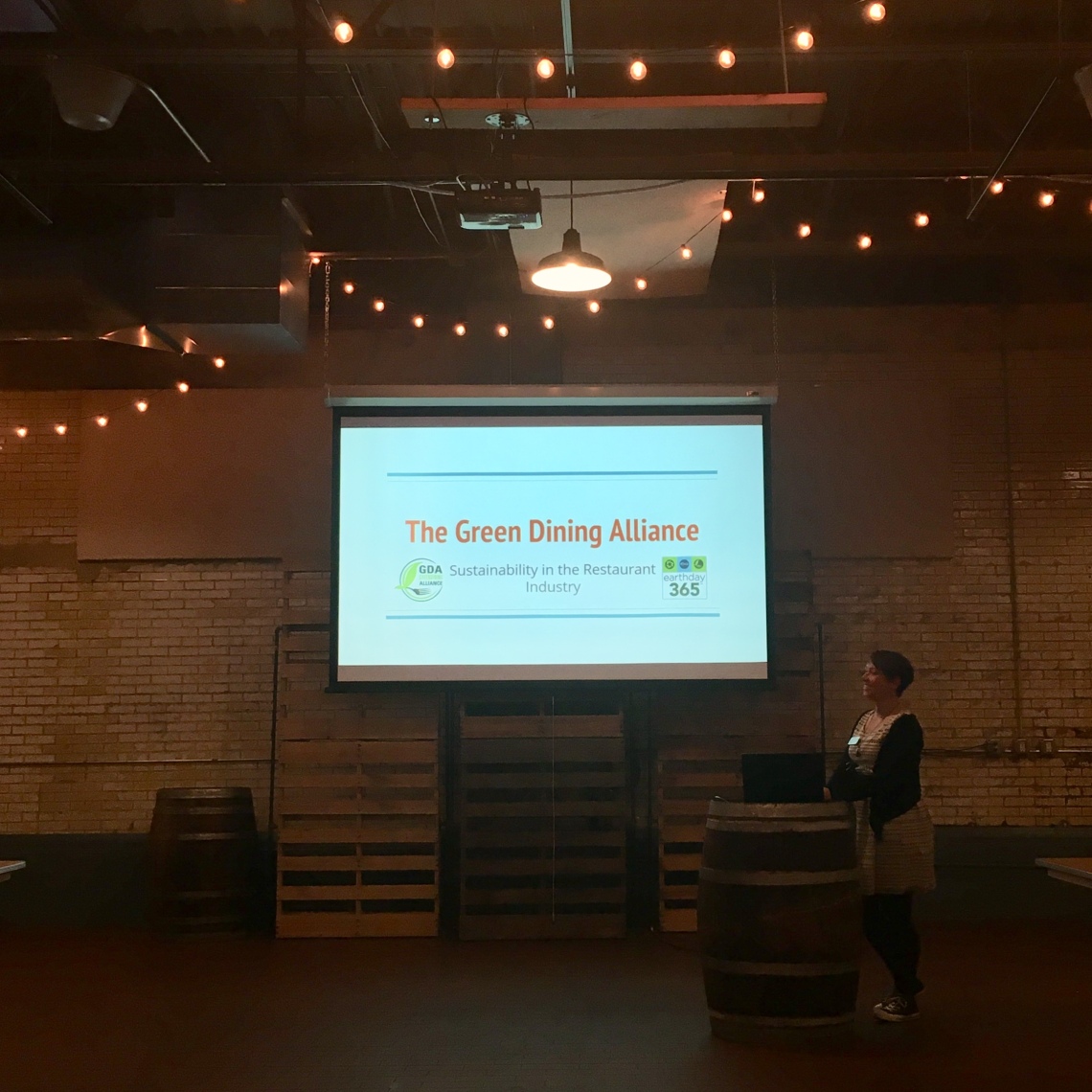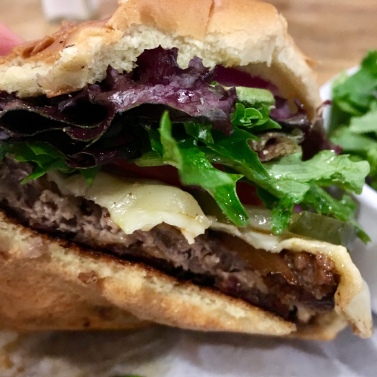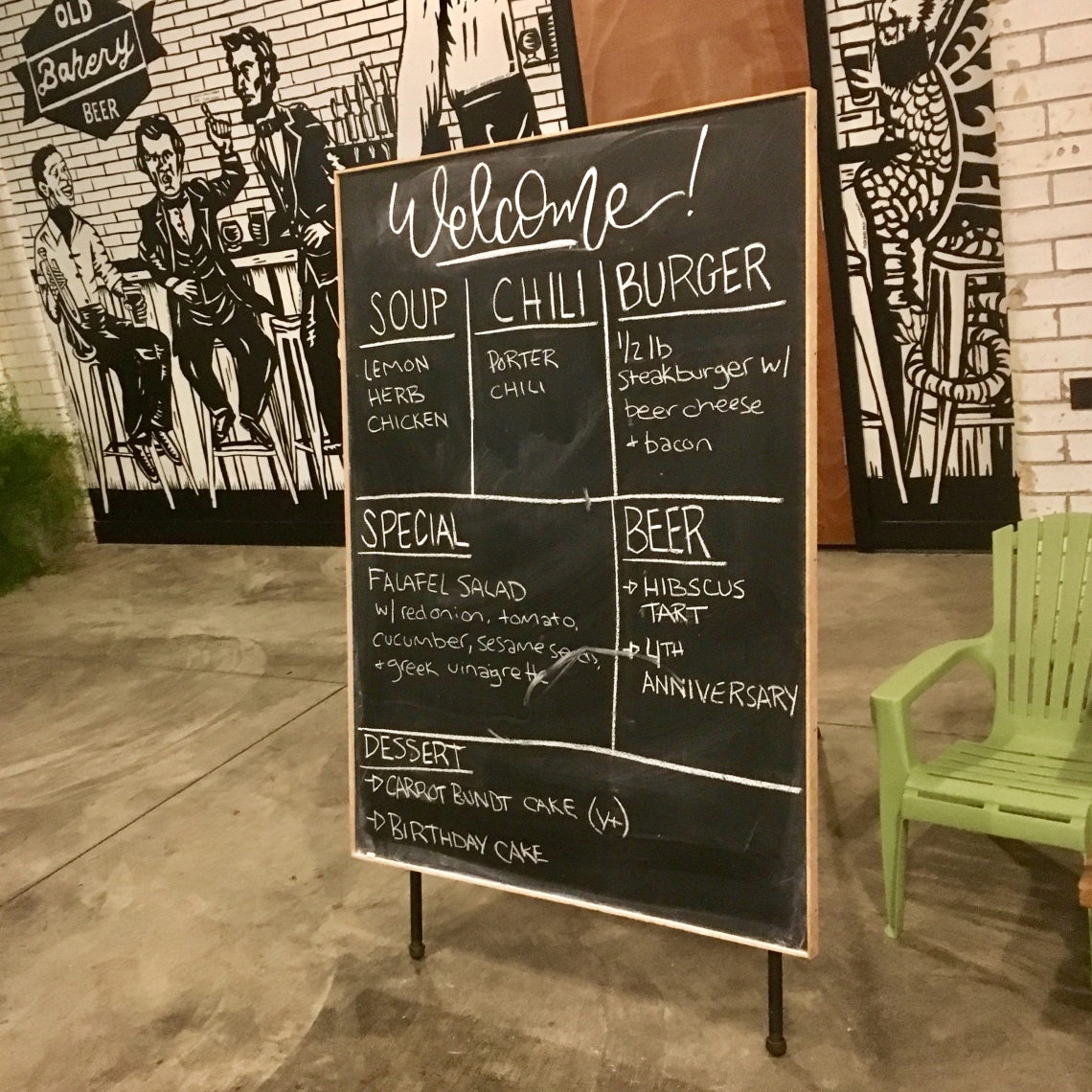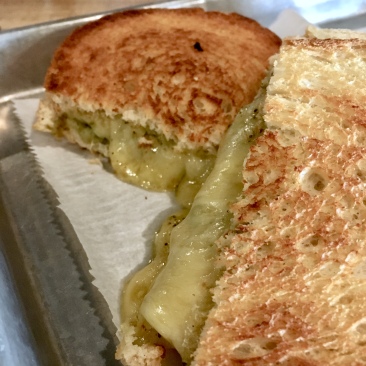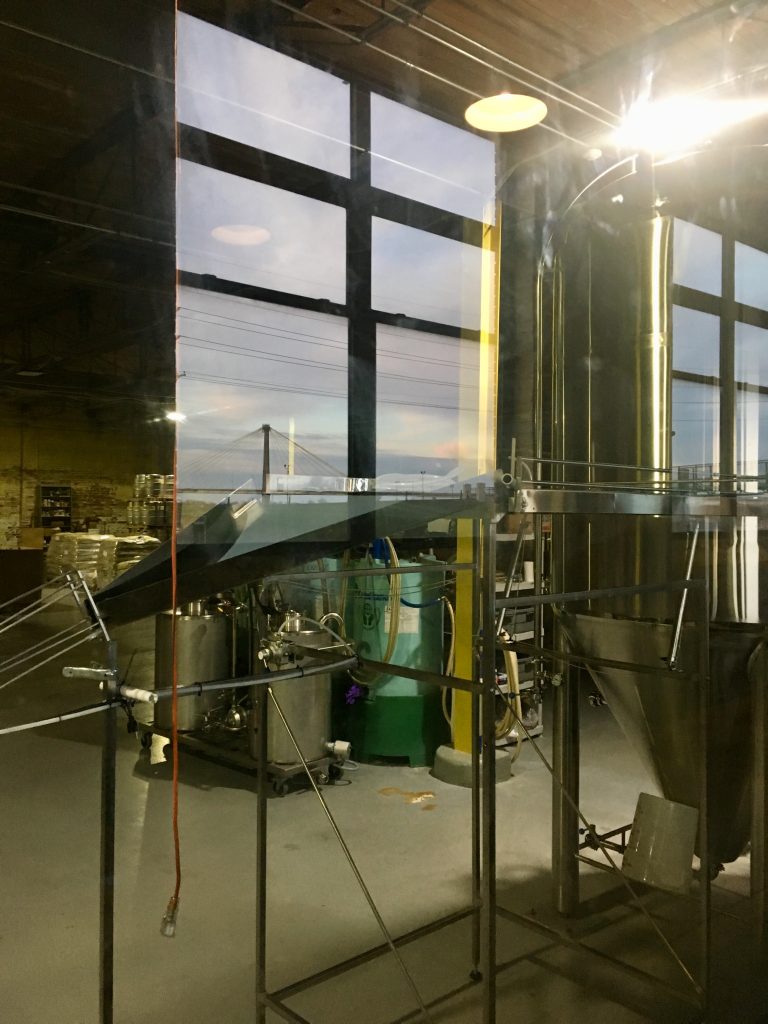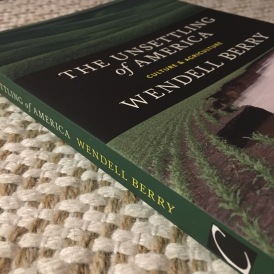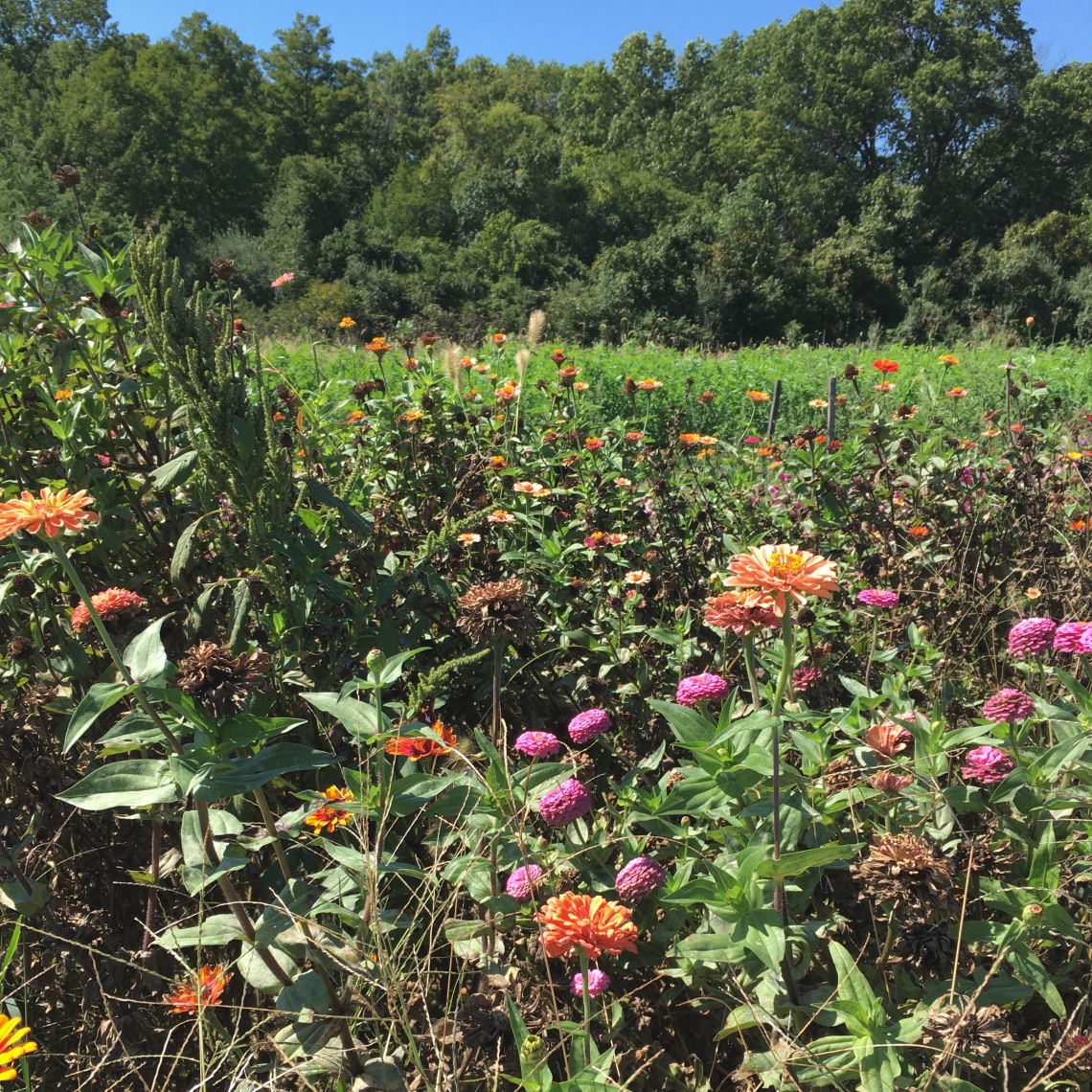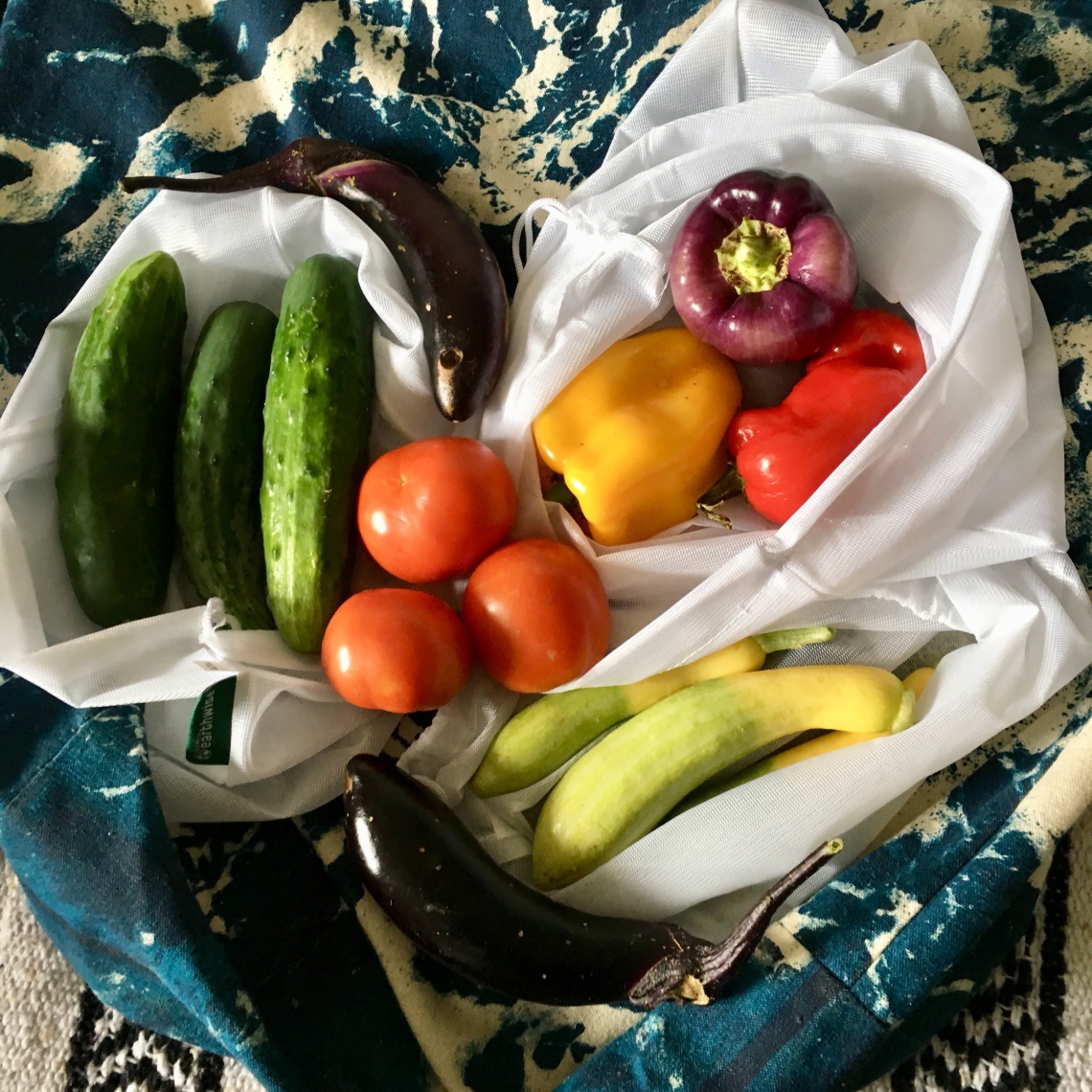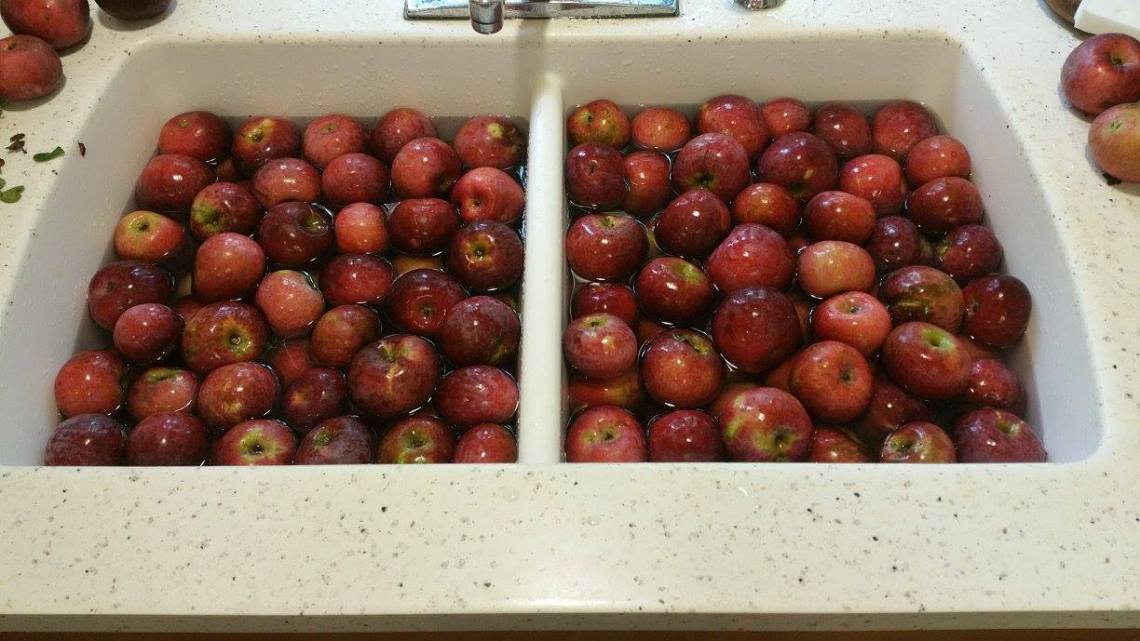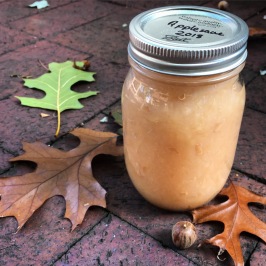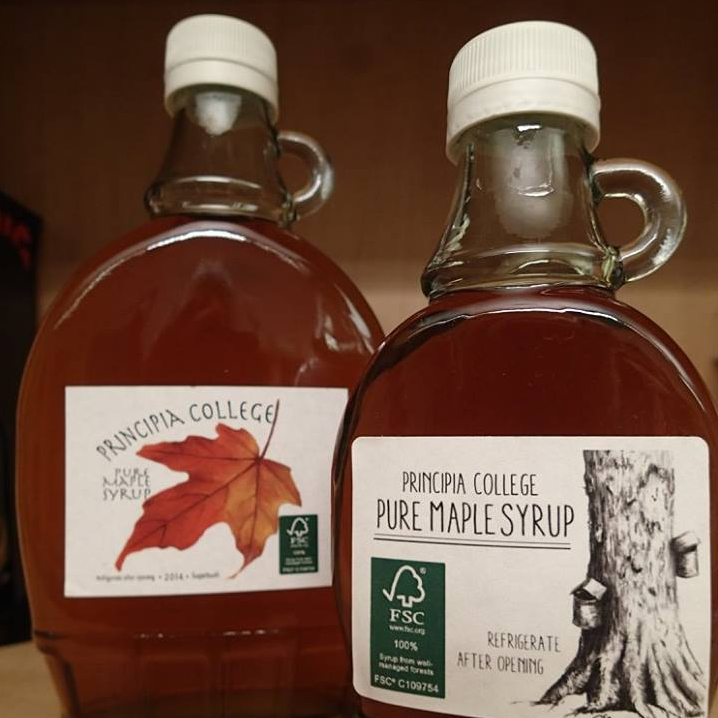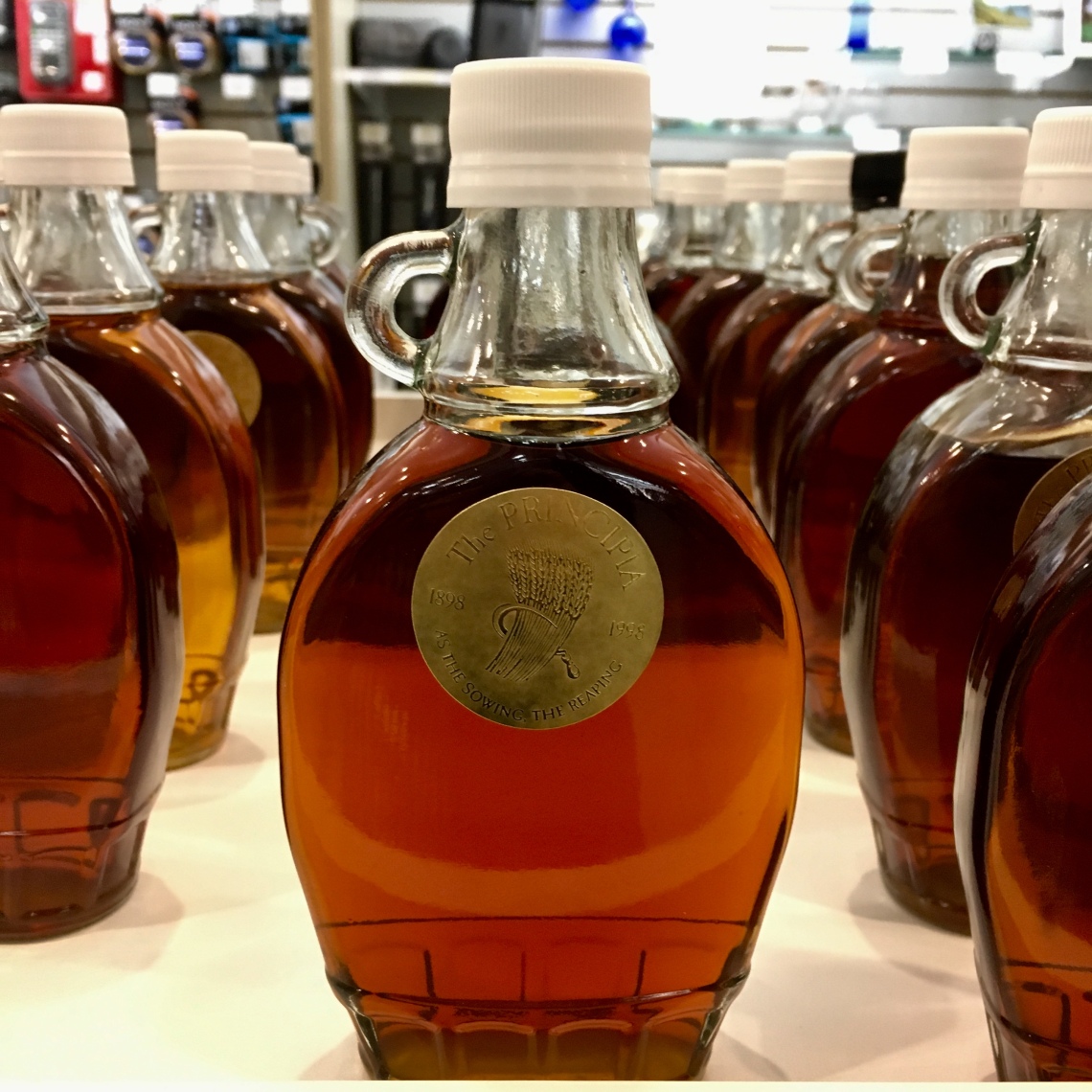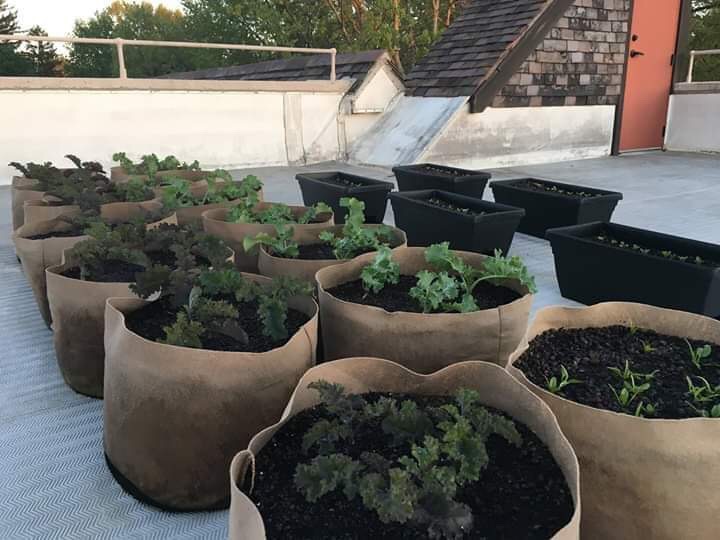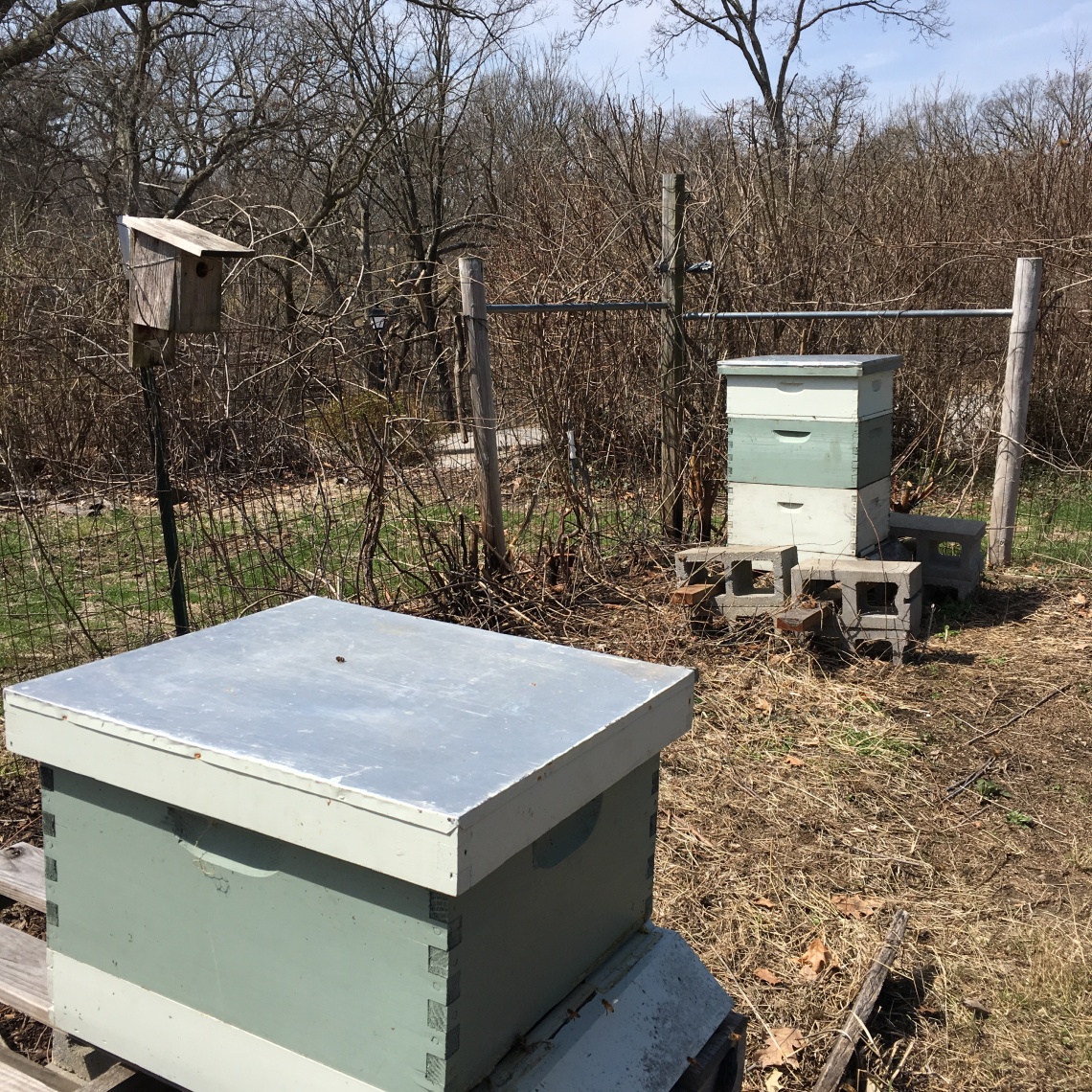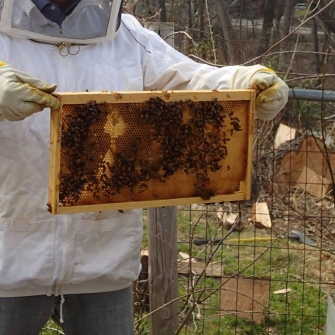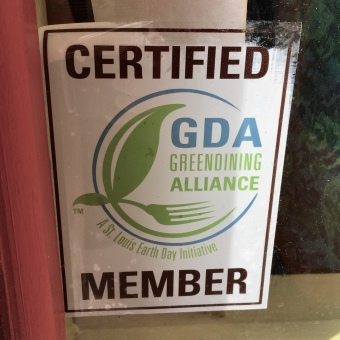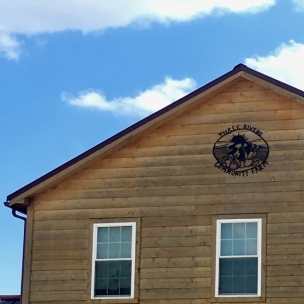Shane Witters Hicks | Program Officer
Principia Center for Sustainability | Feb 13, 2023
Picture this: you’re a student at Principia College craving satisfying vegetarian food.
You’re a little weary of tofu & rice bowls, salads, pasta, beans, and the Beyond burger from the pub. You want a change of pace. You want some excitement. You want something new and fresh. But living in rural Illinois (once a veritable plant-based-food desert) presents challenges. Previous Prin alums might suggest you just suck it up and make a hummus & cucumber sandwich, or drive to Panera for the limited meatless selection. But fortunately for you, this is 2023 – and you have options!
One of the best nearby restaurants is the Old Bakery Beer Company, conveniently located next to the Mississippi River along Landmarks Blvd (just before Taco Bell & McDonalds). While a certified-organic craft brewery might seem like an odd choice for the average Prin student, there’s a lot more to their menu than you might expect. With a varied selection featuring American classics, hearty bar food, snacks, comforting favorites (think sandwiches, soups, salads, and local sodas), and a surprising range of vegetarian and vegan options, you and your friends are sure to find just the dish that will satisfy your cravings.
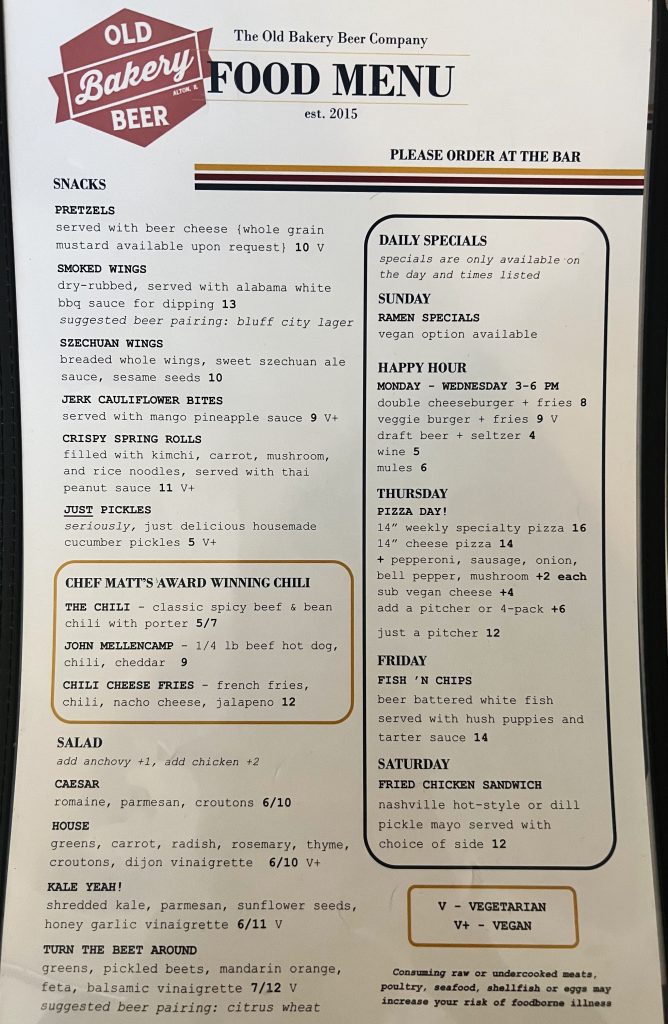
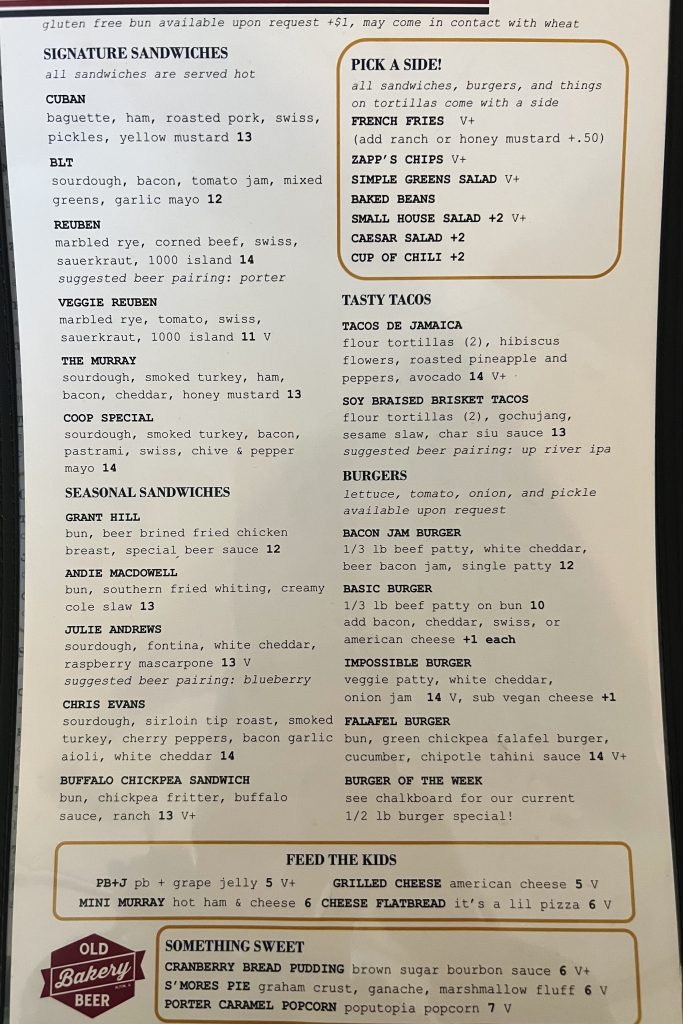
Old Bakery Beer was erected in the historic Colonial Bakery building in 2015. Co-founders Lauren Pattan and Murray Rogalsky strove to preserve the integrity of this iconic building while keeping things modern. Their efforts are reflected in the rustic-yet-comfy interior design. Bright, newly painted walls stand alongside faded brick. Old black-and-white pictures are interspersed with verdant plant life and tasteful decorations. Concrete beams and metal pipes loom over eaters in a warmly lit dining area full of modern furniture.
The company is fully committed to sustainability, as demonstrated by its 5-star accreditation with the Green Dining Alliance. Numerous examples of the company’s passion for sustainability can be found here. Among them, I thought a neat example was that a local St. Louis furniture maker crafted their tables and bar using reclaimed wood and processes with low ecological impact. The impressive, long bar stands between guests and smiling staff who are eager to take orders.
Wanting to try a smattering of the plant-based offerings, I started off with the Crispy Spring Rolls and Jerk Cauliflower Bites (both labeled as “Snacks” on the menu). For mains, I went with the Buffalo Chickpea Sandwich and Falafel Burger. These both came with sides, so I got the fries and baked beans (the beans aren’t vegan, which I later found out).
The spring rolls were crispy upon arrival but like any fried food, they got soggy after their short stint in the to-go container. So eat these on-site! Stuffed to the brim with kimchi and rice noodles, and served with a Thai peanut sauce, the flavor was nothing short of delightful. I wish either the sauce or the kimchi had more of a spicy kick, but other than that I was very pleased with these.
The hearty Jerk Cauliflower Bites had a nice, robust breading. (But something about the flavor of the breading seemed a bit bitter to me.) The pineapple-y dipping sauce was heavenly. Sweet and tangy – if they served it as a drink I would down it by the glassful!
The Buffalo Chickpea Sandwich, despite being very simple, had great flavor. I expected the “chickpea fritter” to be the same as the patty in the falafel burger, but it was less green and fried-looking, and more the shape of a burger patty. The four components – chickpea fritter, buffalo sauce, ranch dressing, and buns – work well together and make for a satisfying, humble sandwich. The online menu doesn’t provide the option to include additional toppings, which I think would help elevate the sandwich for more adventurous eaters.
Well-seasoned, ultra-crisp exterior, and fluffy-tender interior describe the thick, steak-style fries. They are potato perfection and will be my go-to side order next time (and the next, and the next…).
The Falafel Burger is exactly what the name suggests. It’s basically a large, crispy falafel patty with buns and fresh toppings. The included cucumber slices and chipotle tahini sauce add crunch and earthy depth to the experience. Unlike the Buffalo Chickpea Sandwich, you’re given the option to add several free additional toppings (lettuce, tomato, pickles, onion). Vegans and vegetarians beware: the baked beans side dish – while well-seasoned – has small pieces of bacon nestled within (this is mentioned when you order online, but not in the main menu). Plenty of other sides are vegan, including fries, chips, greens, and house salad.
Check out their menu here for lots of other vegan, vegetarian (labeled V+ and V, respectively) and omnivorous options. Head to the restaurant when your favorite special is being served, like Sunday ramen (vegan ramen is available), Thursday pizza (a fully vegan cheese pizza is an option), or discounted happy hour items Monday-Wednesday from 3-6pm.
Whether you’re stopping in for a light snack or a sumptuous meal, the Old Bakery Beer Company is sure to meet and often exceed culinary expectations. With a unique ambiance to boot, the fun and inviting vintage-modern décor is great for social dining, so bring a friend (or three!). Order online ahead of time – or don’t, and simply enjoy the casual vibes while you wait and meet new people in this renowned institution of Illinois culture.
